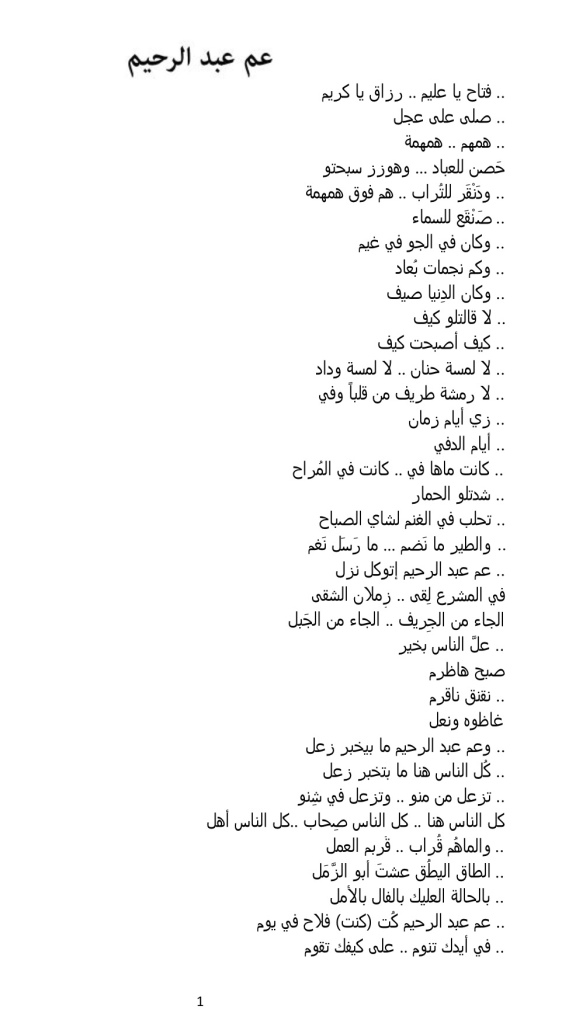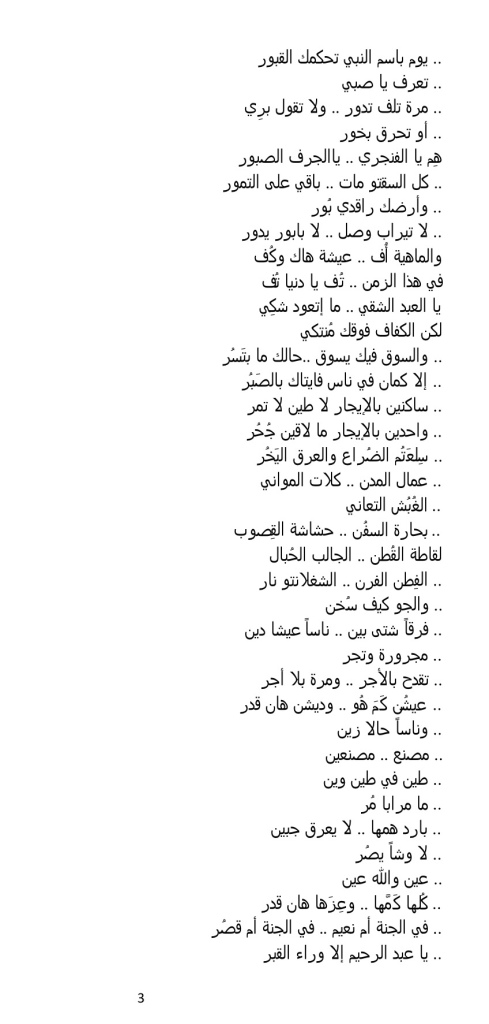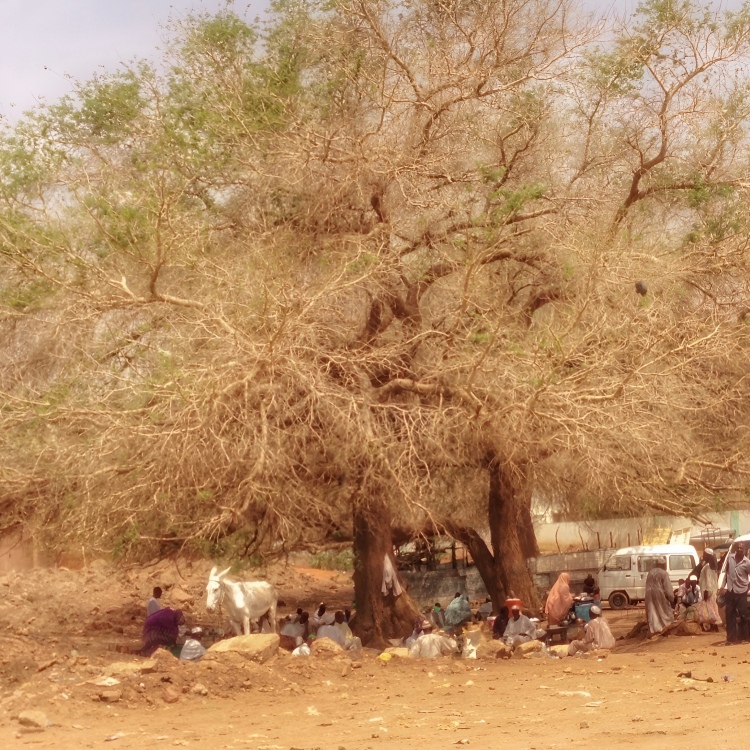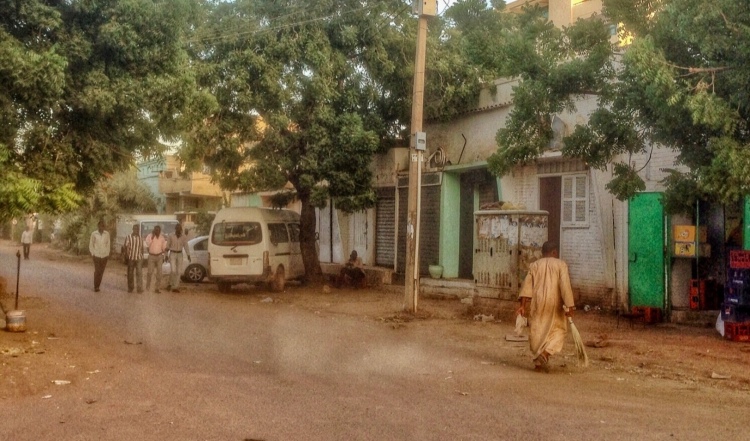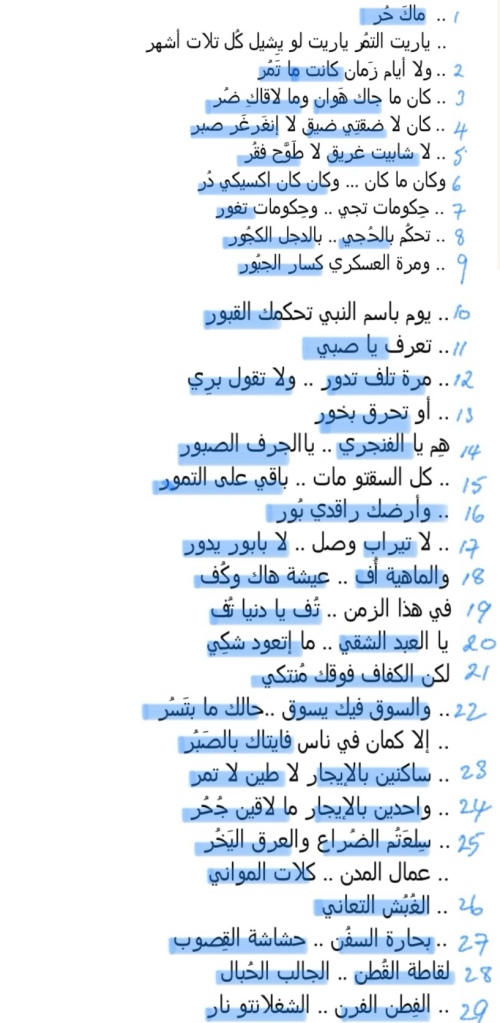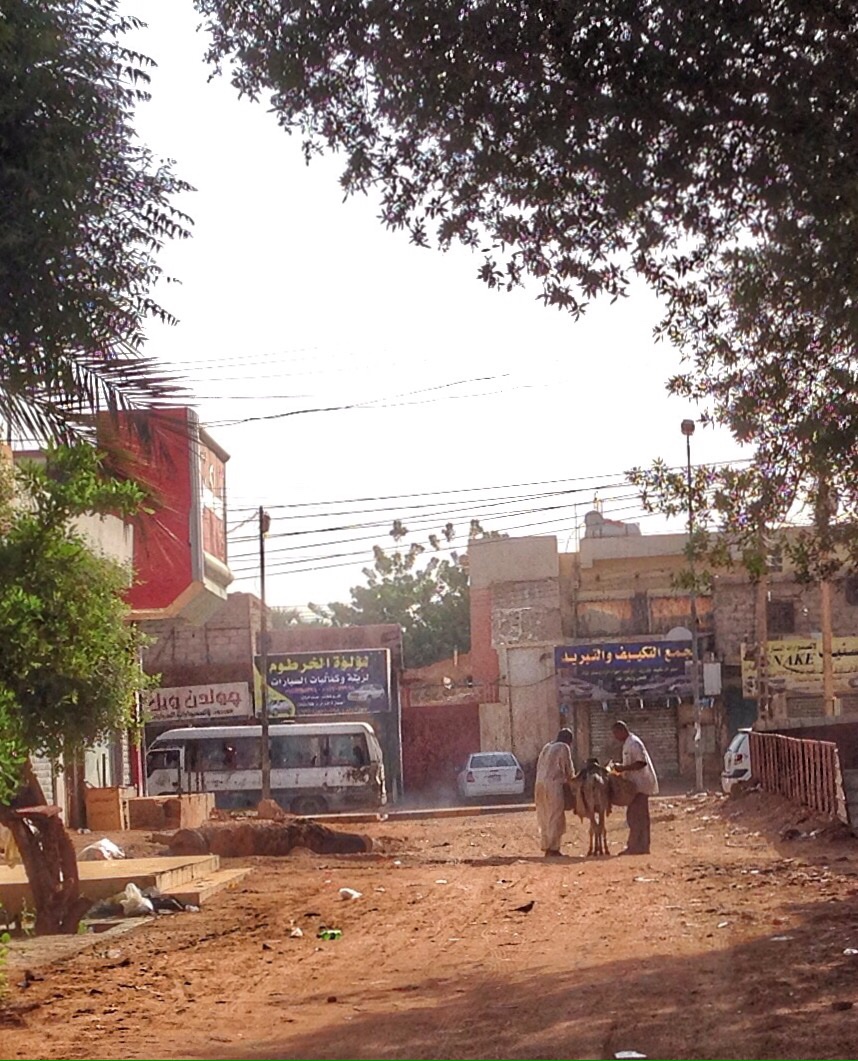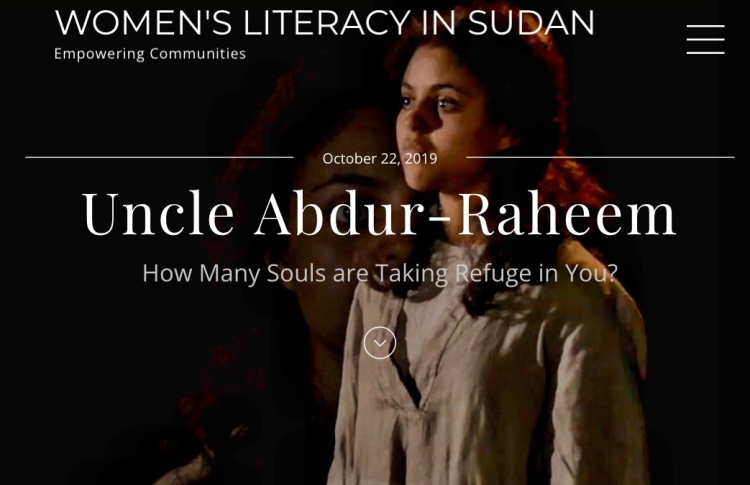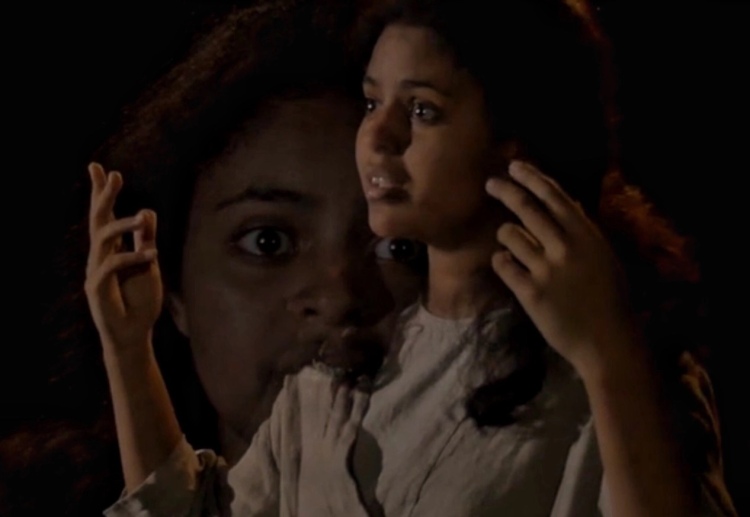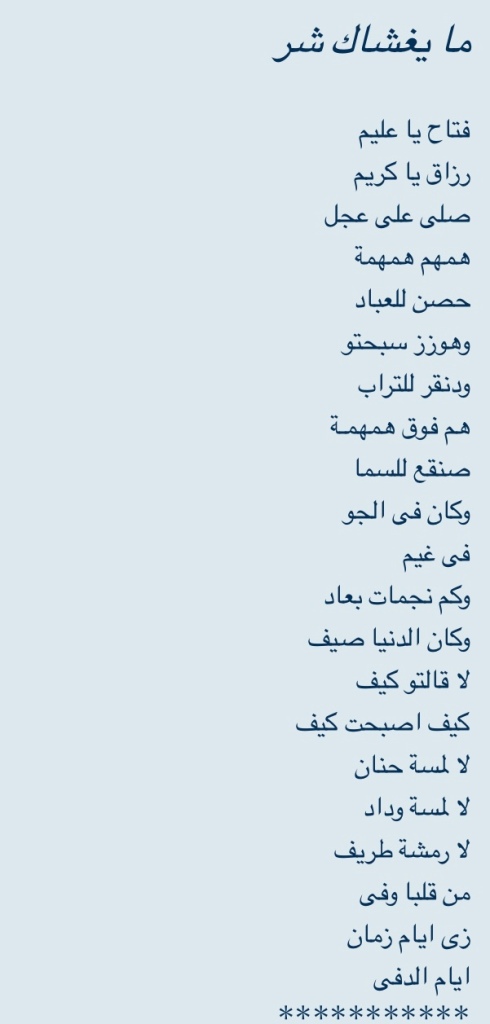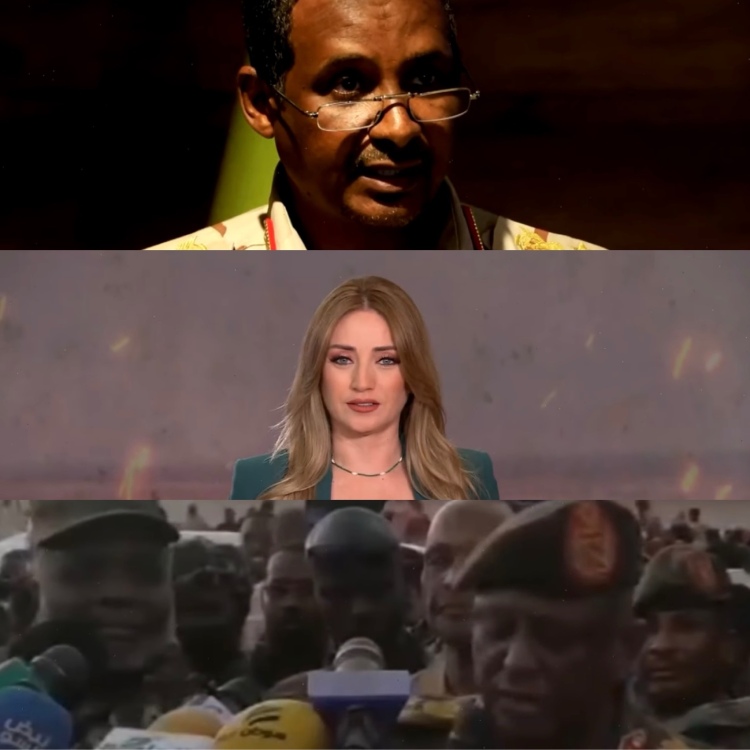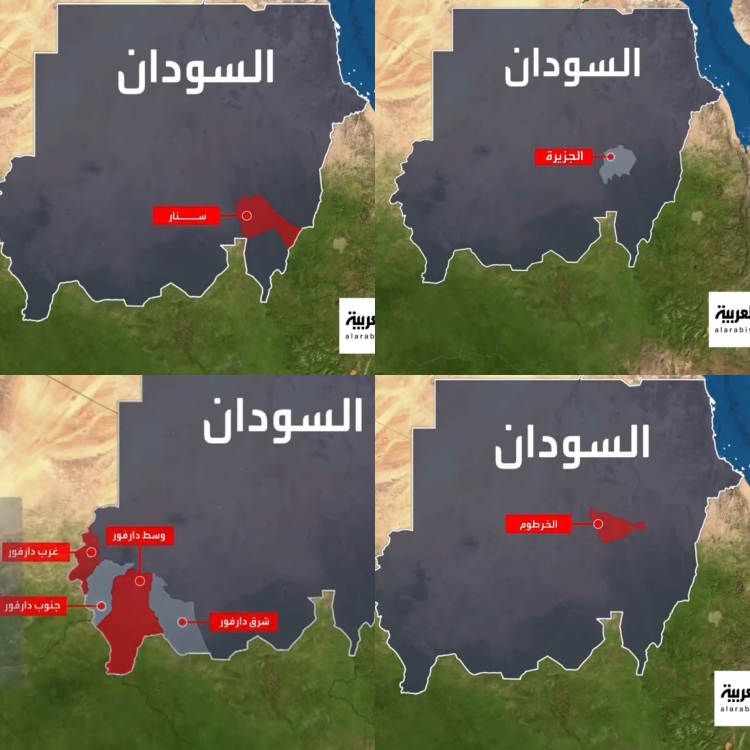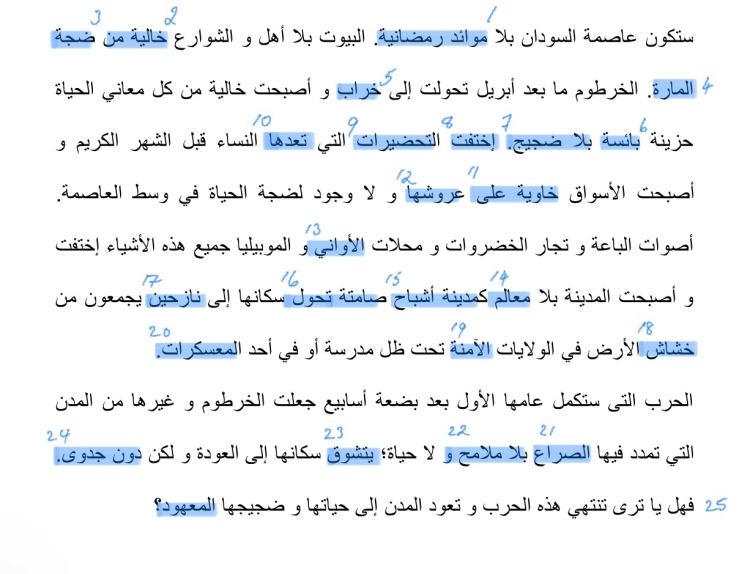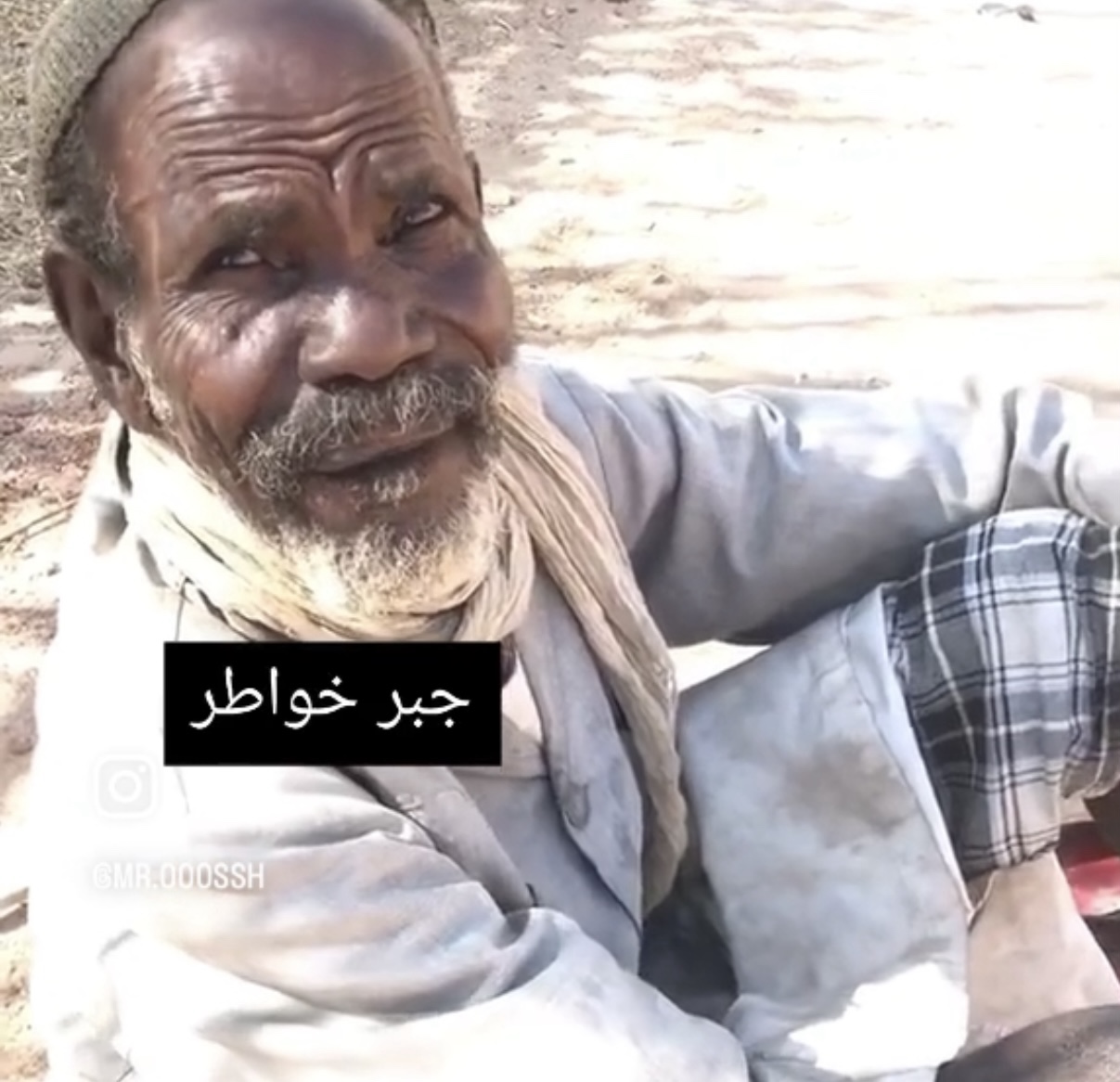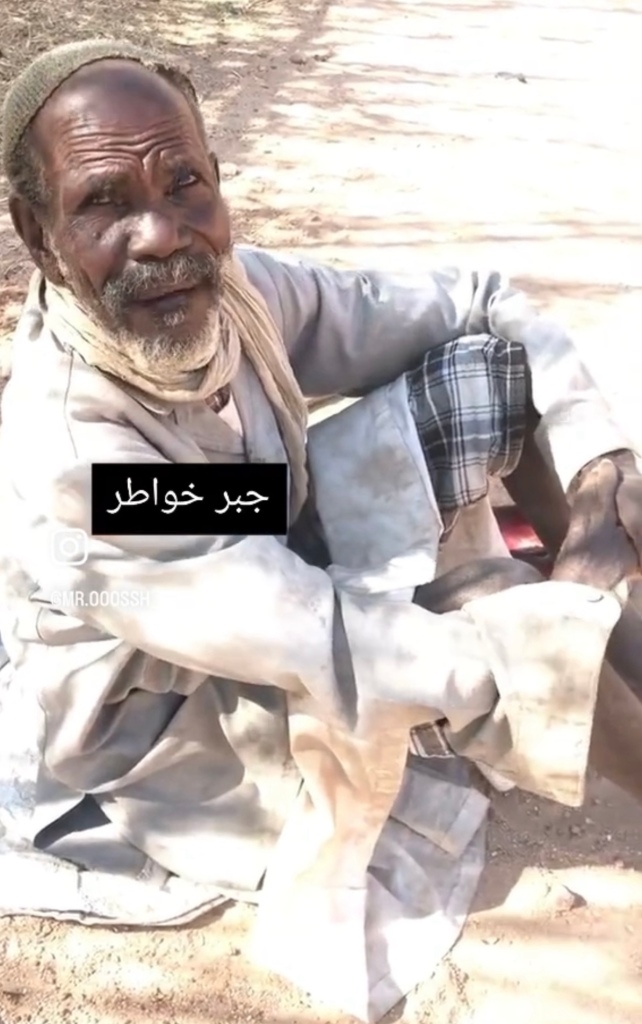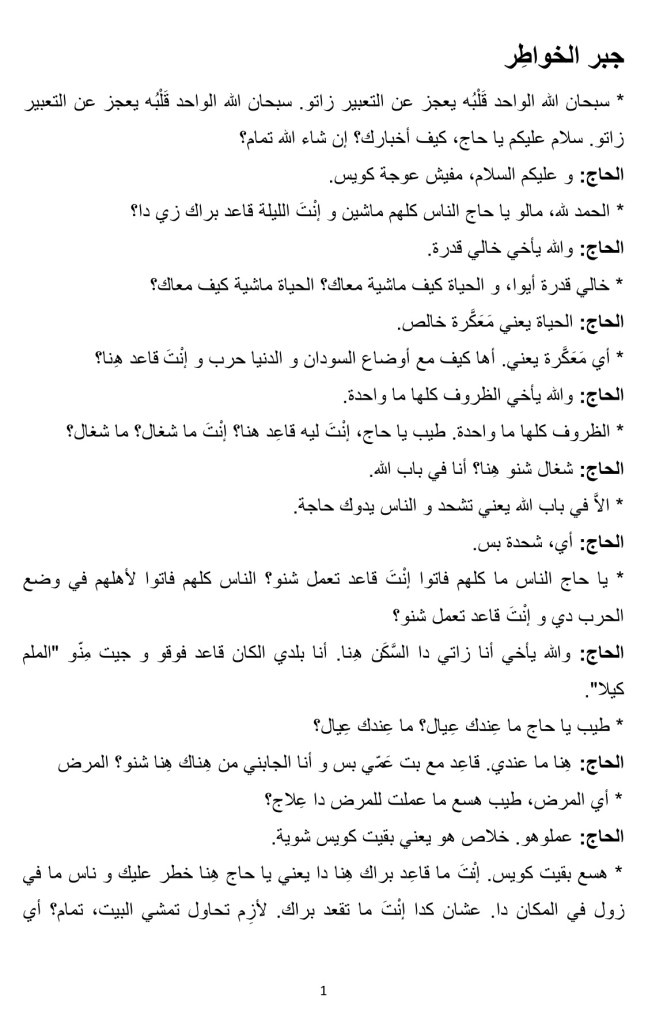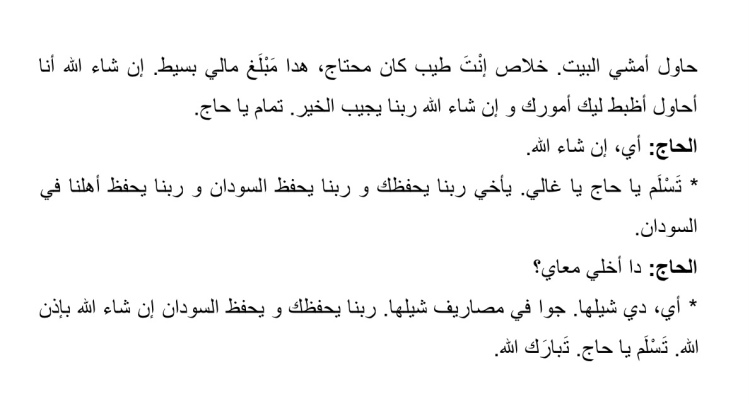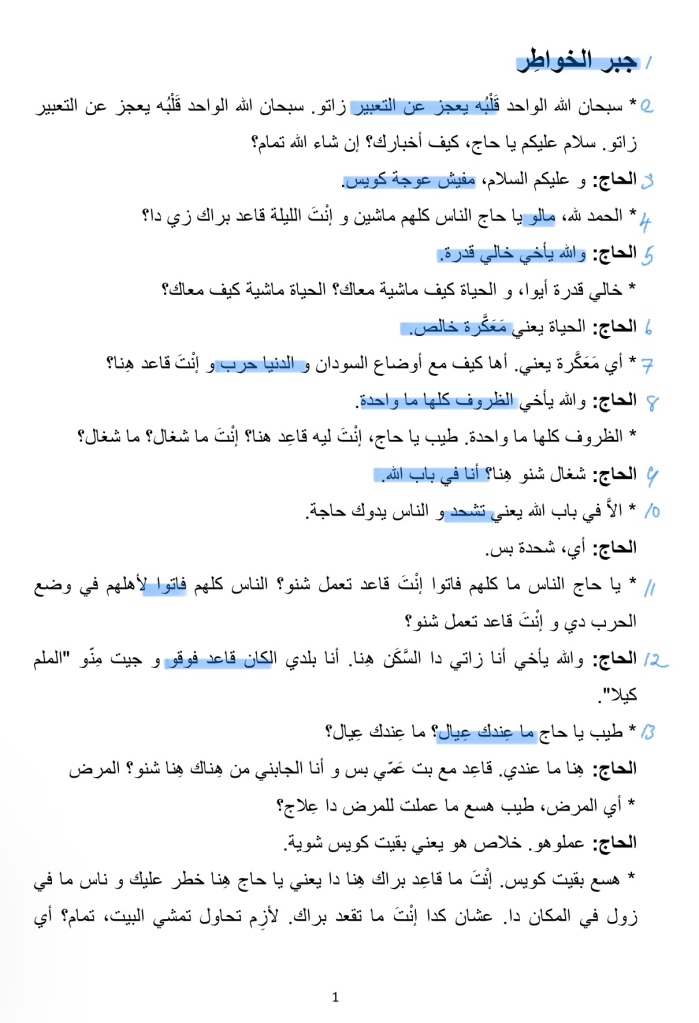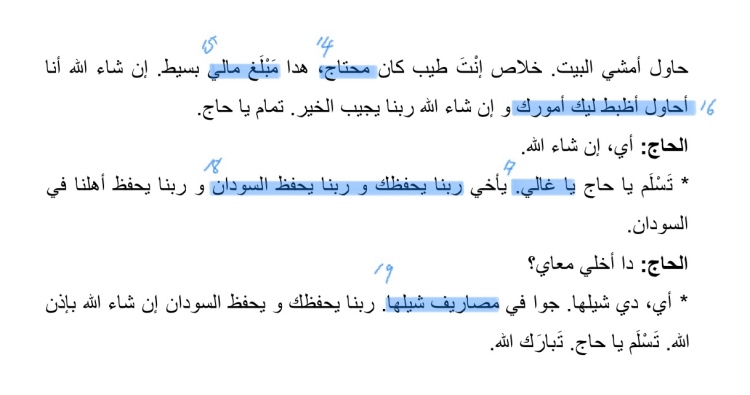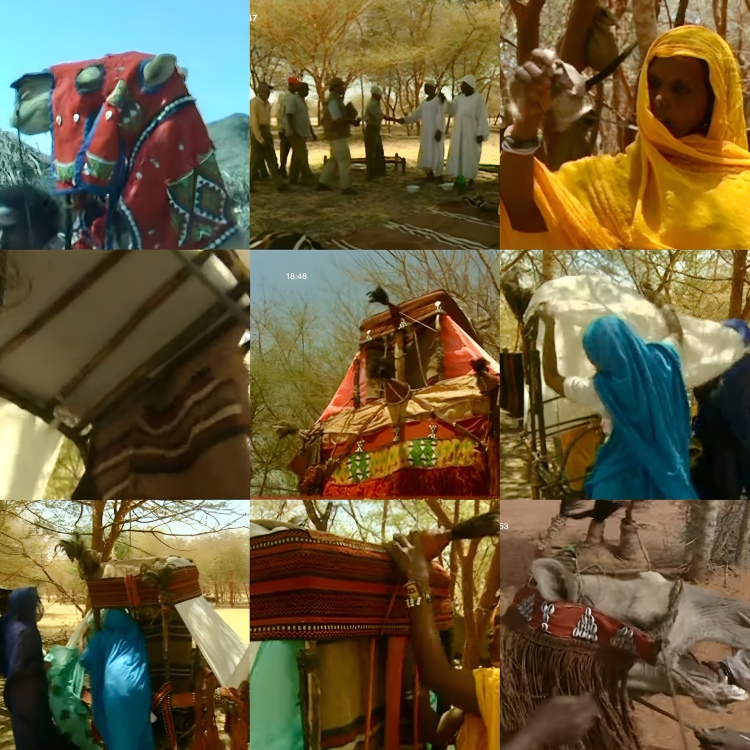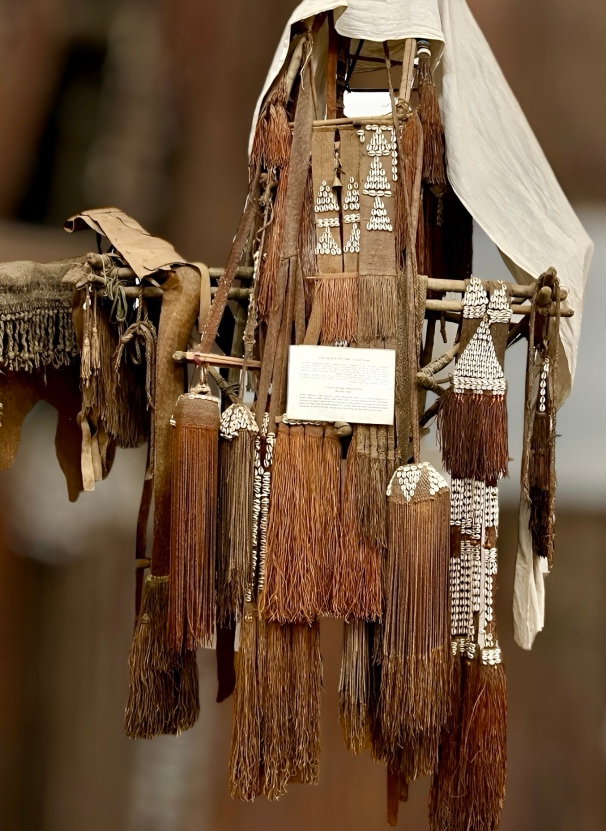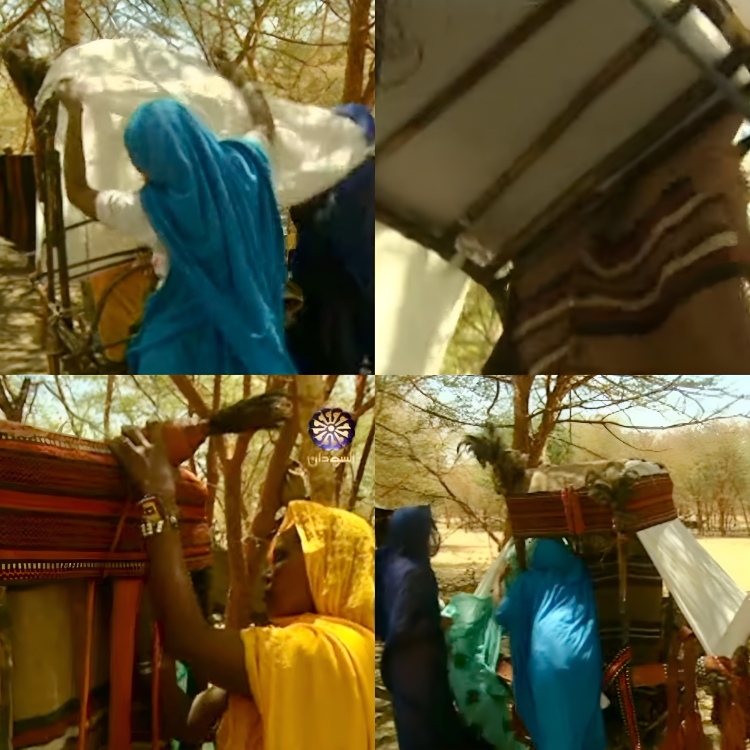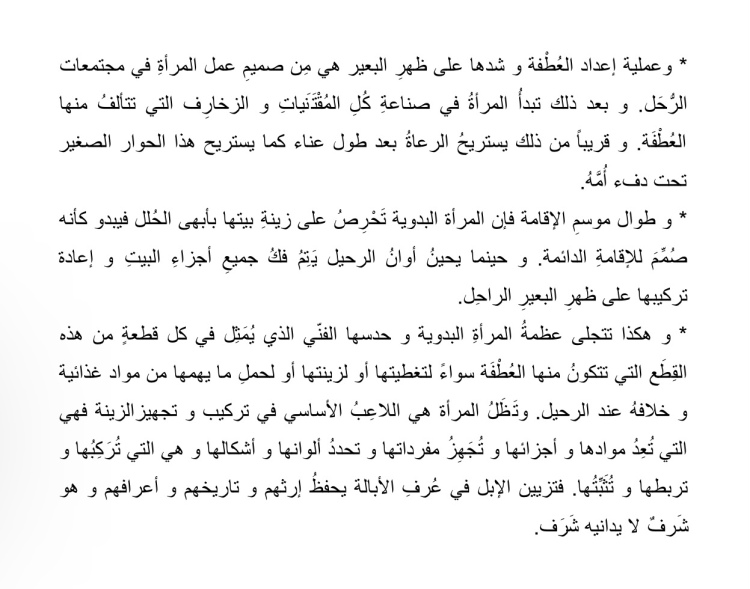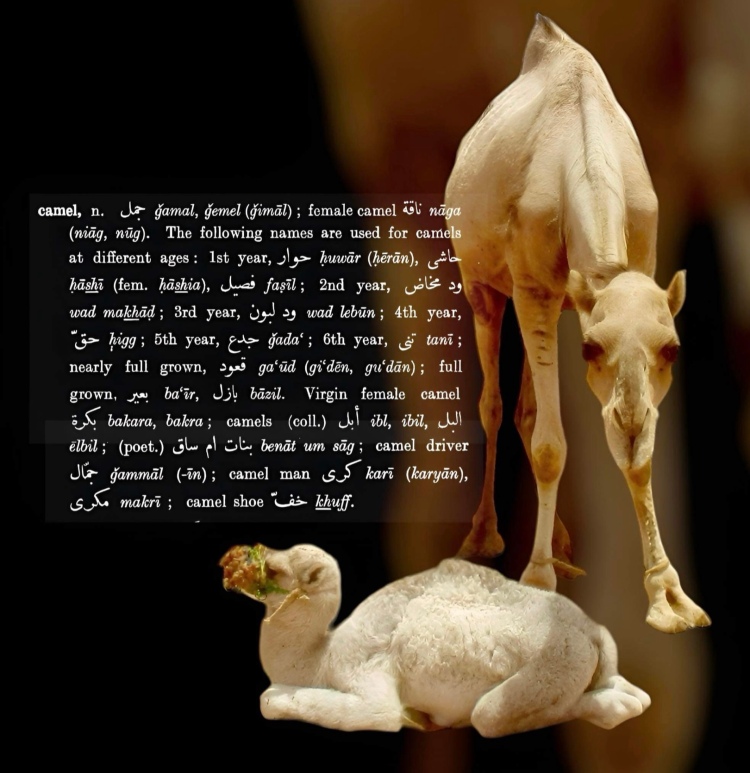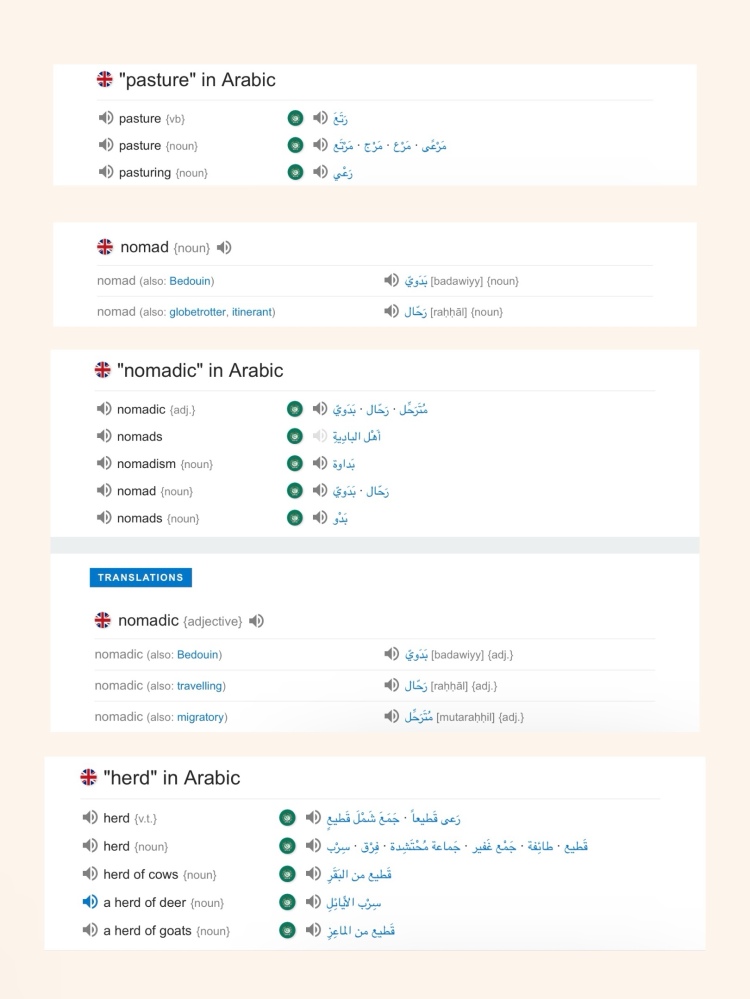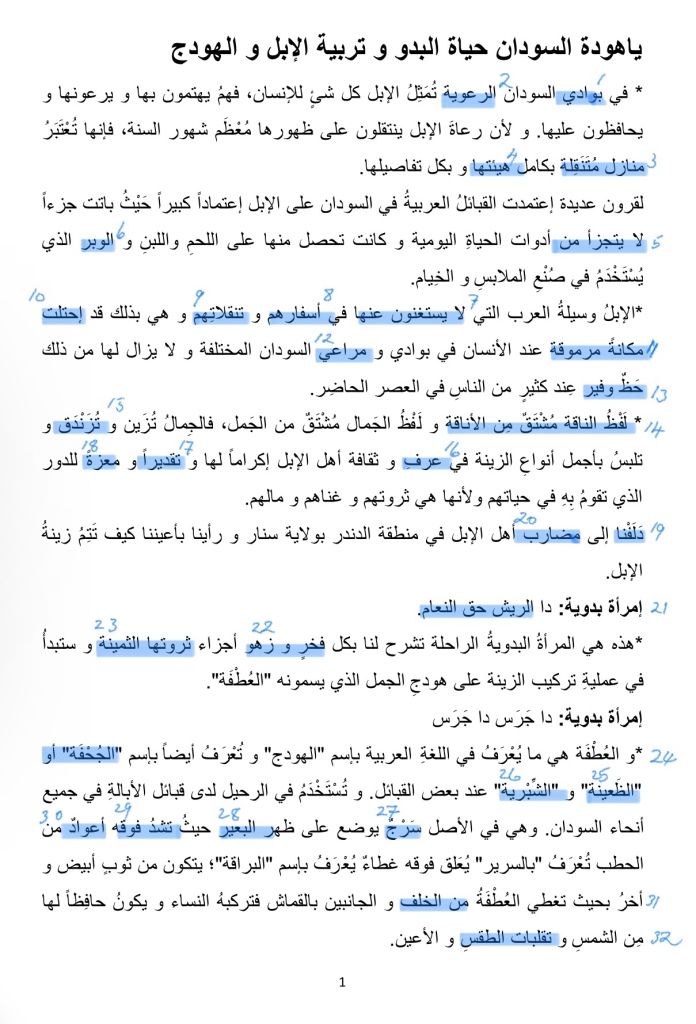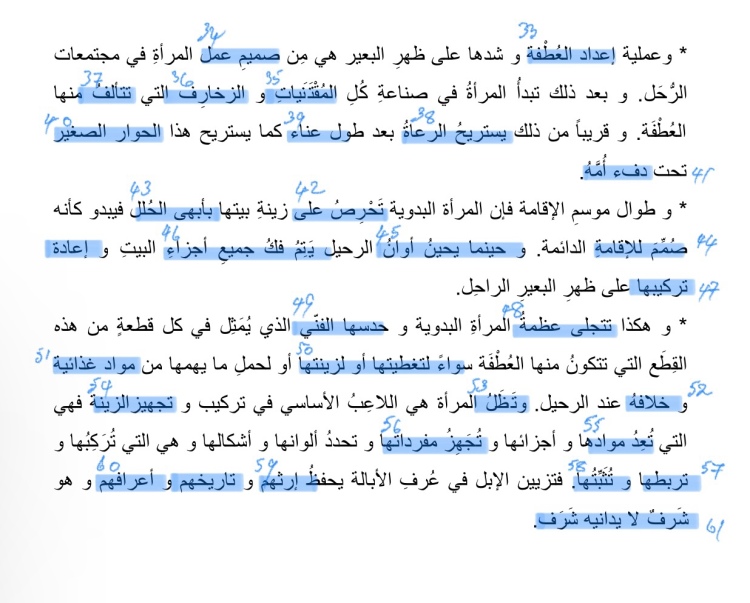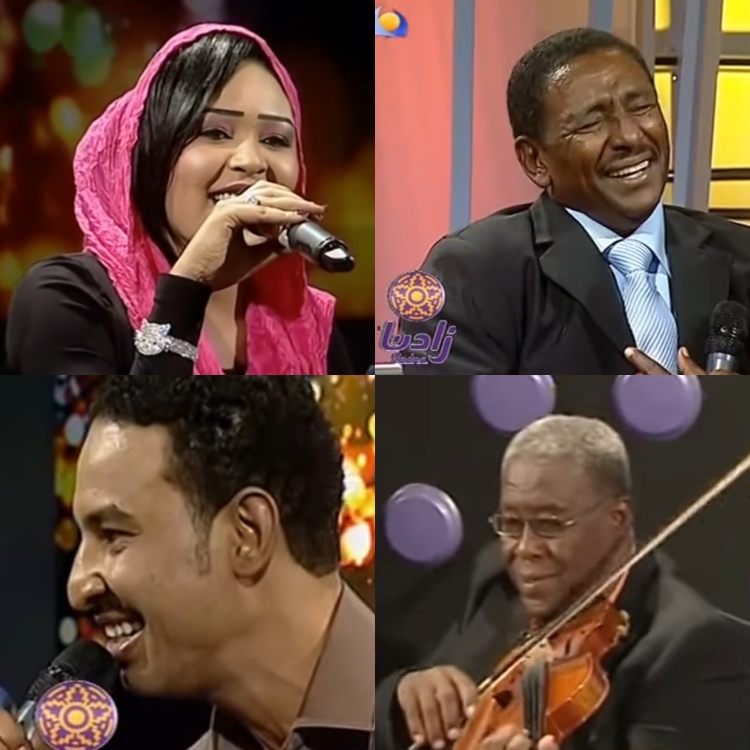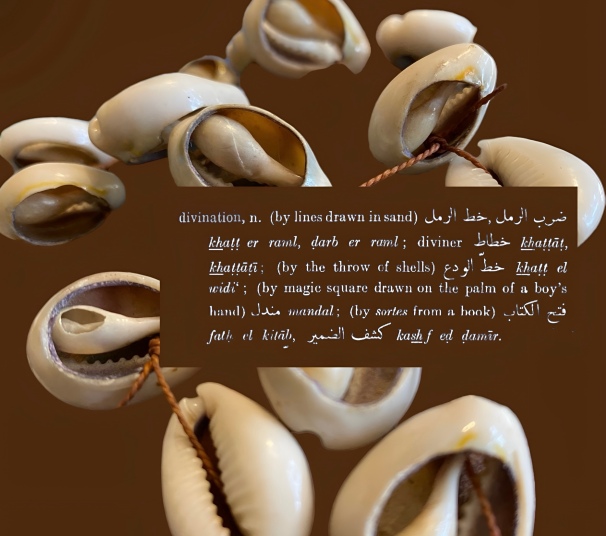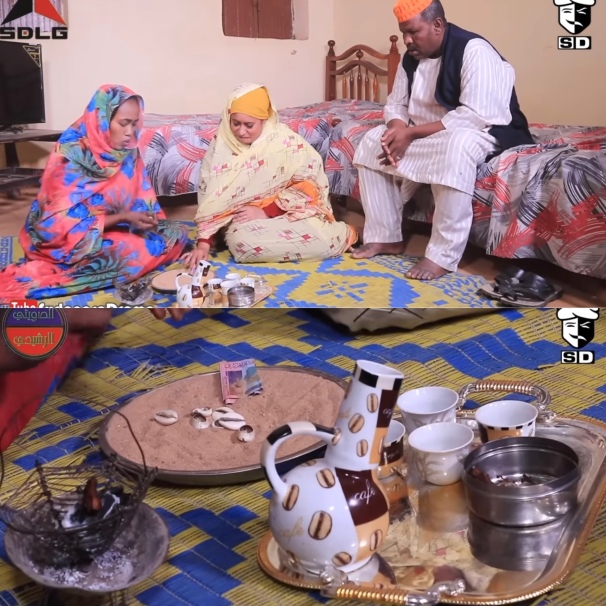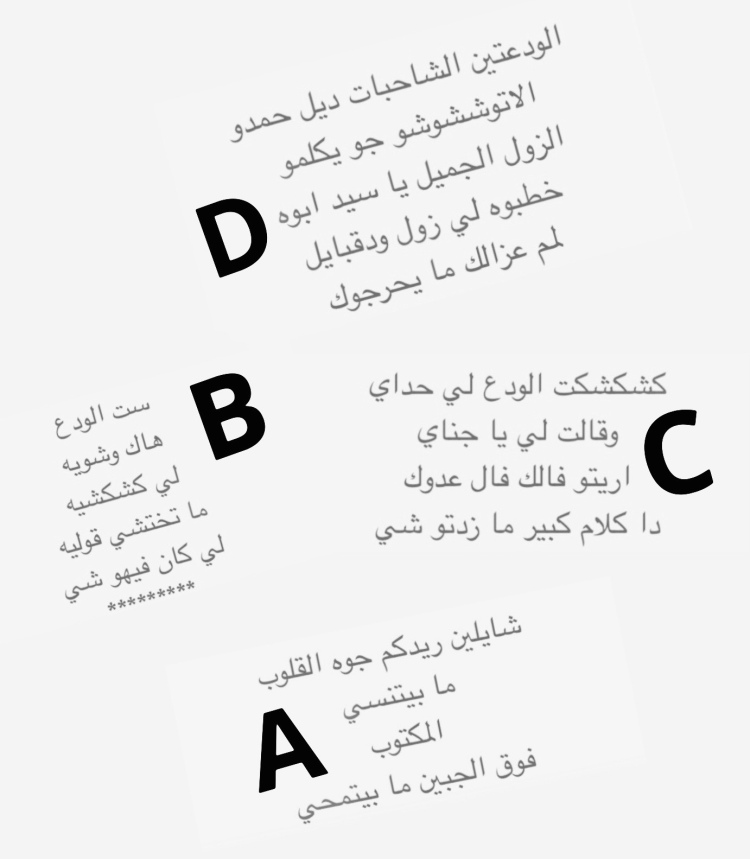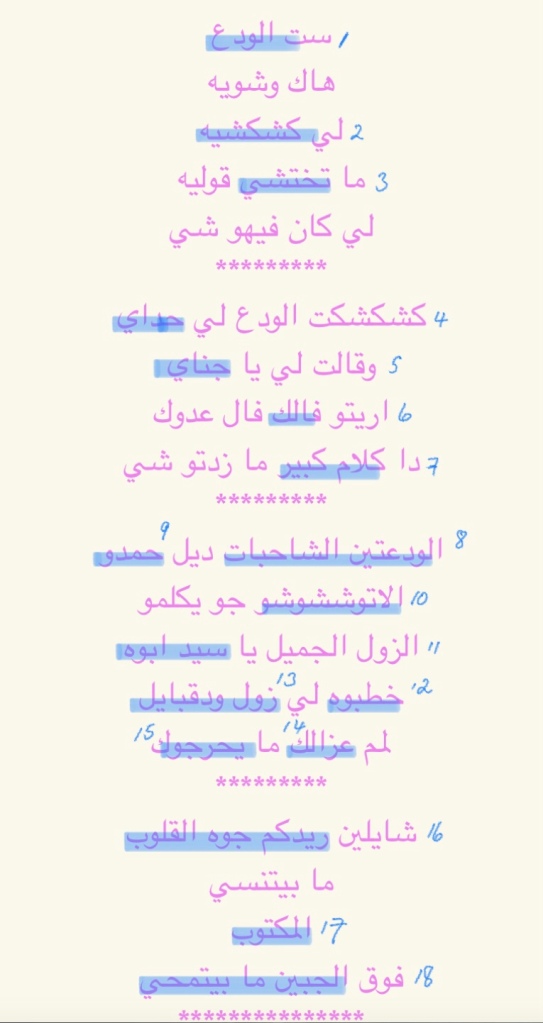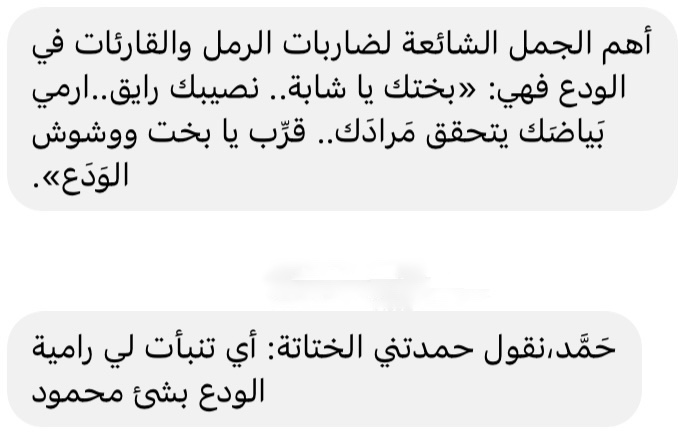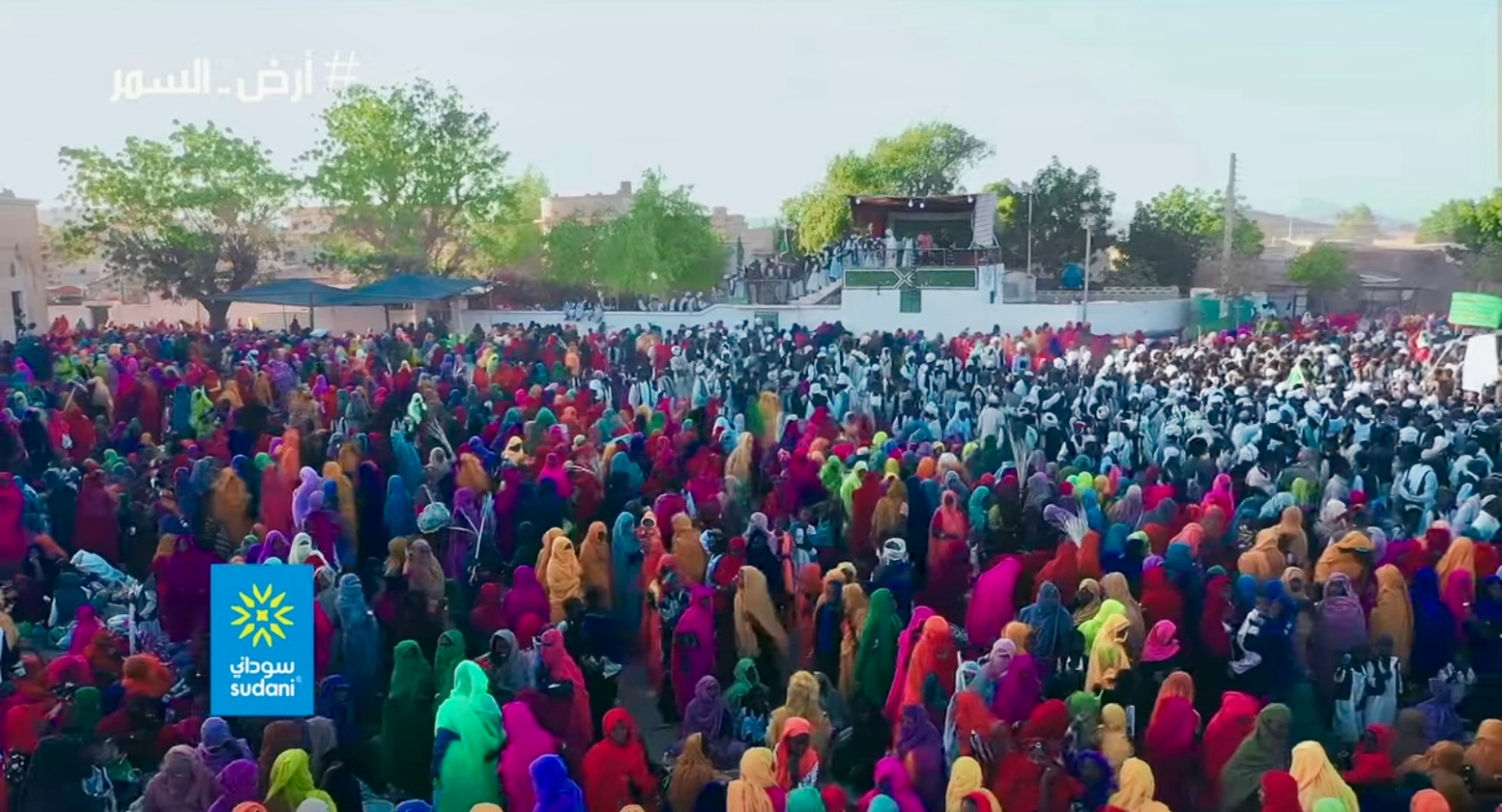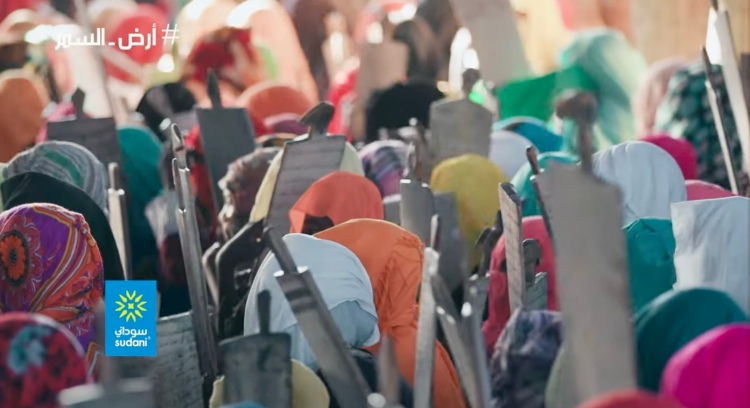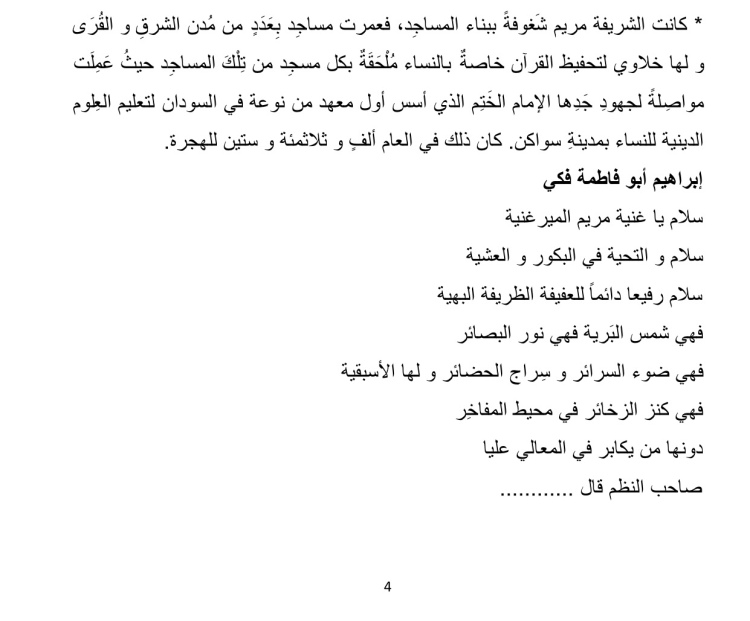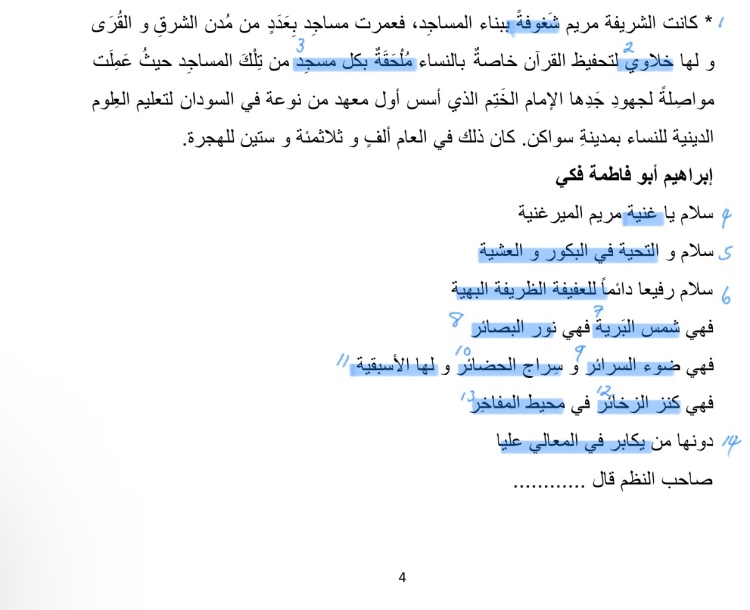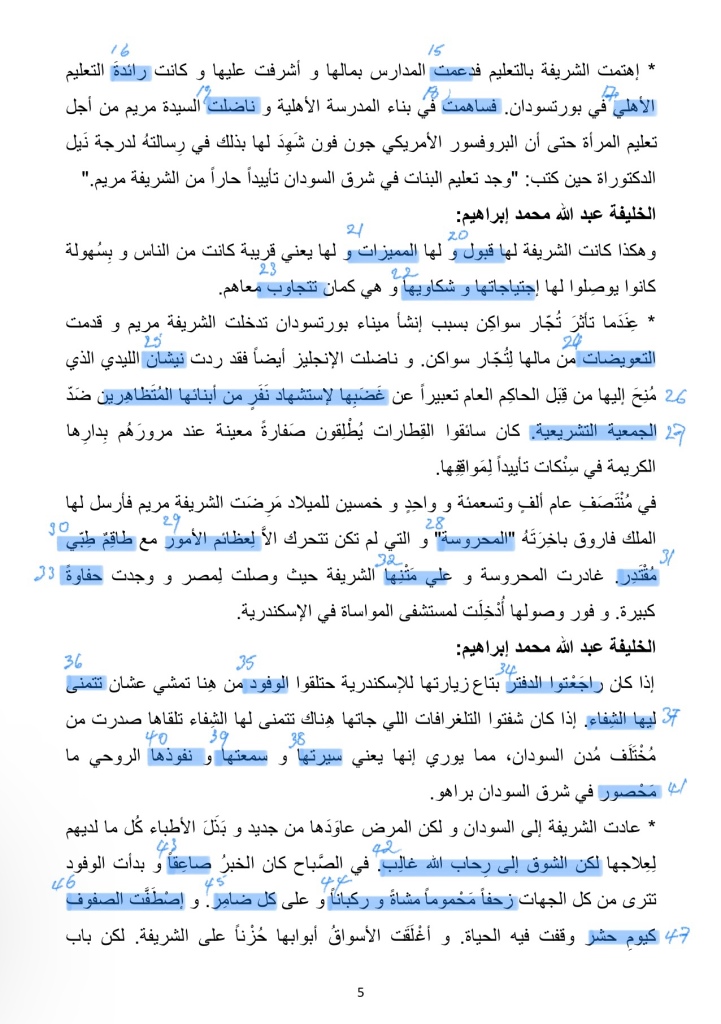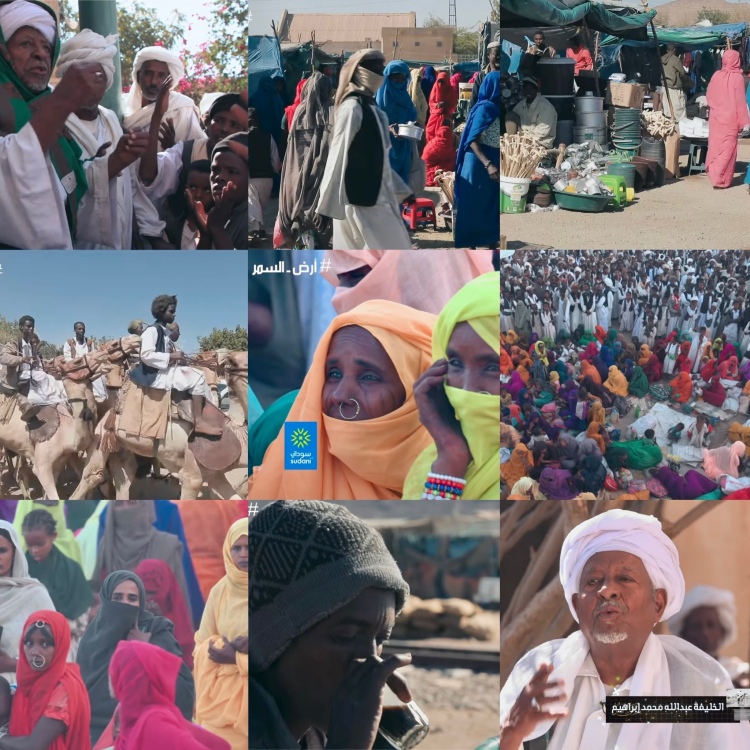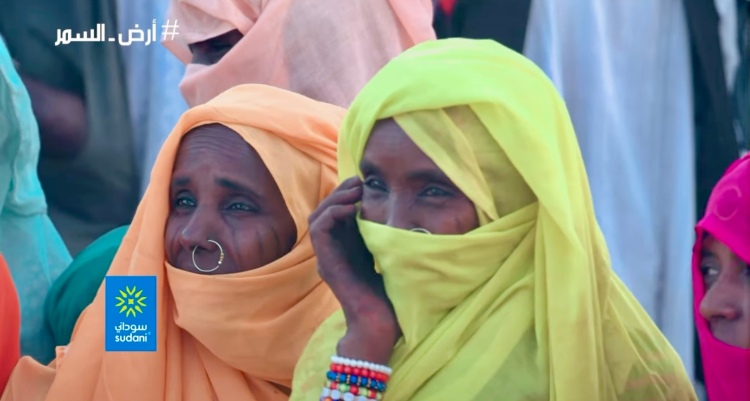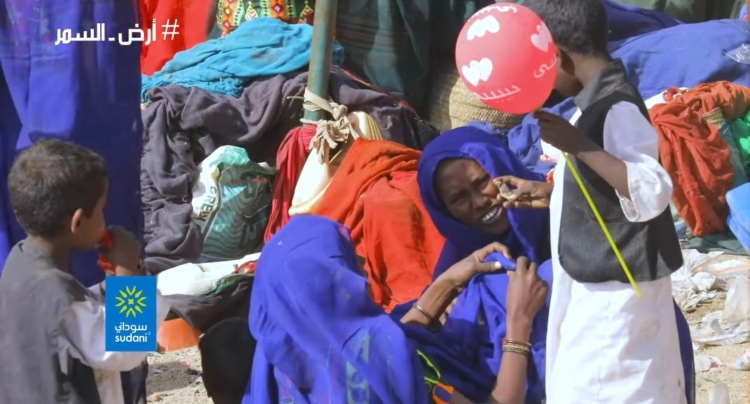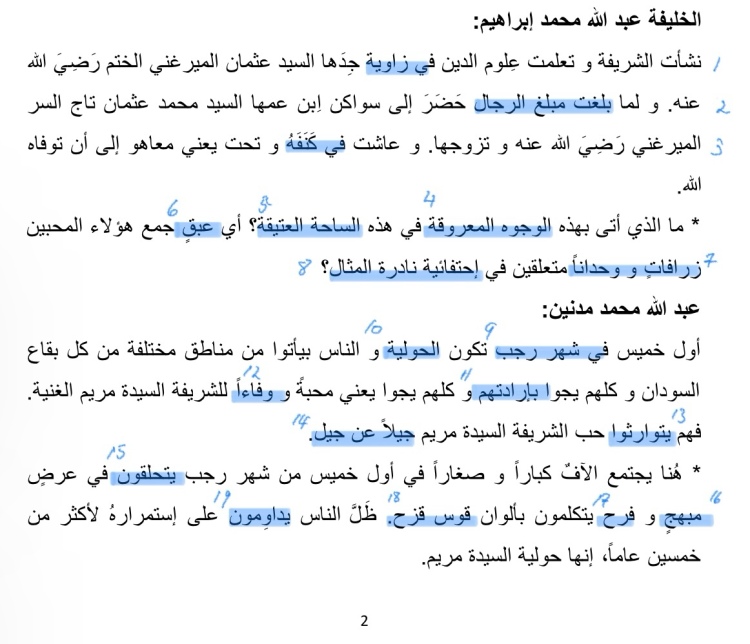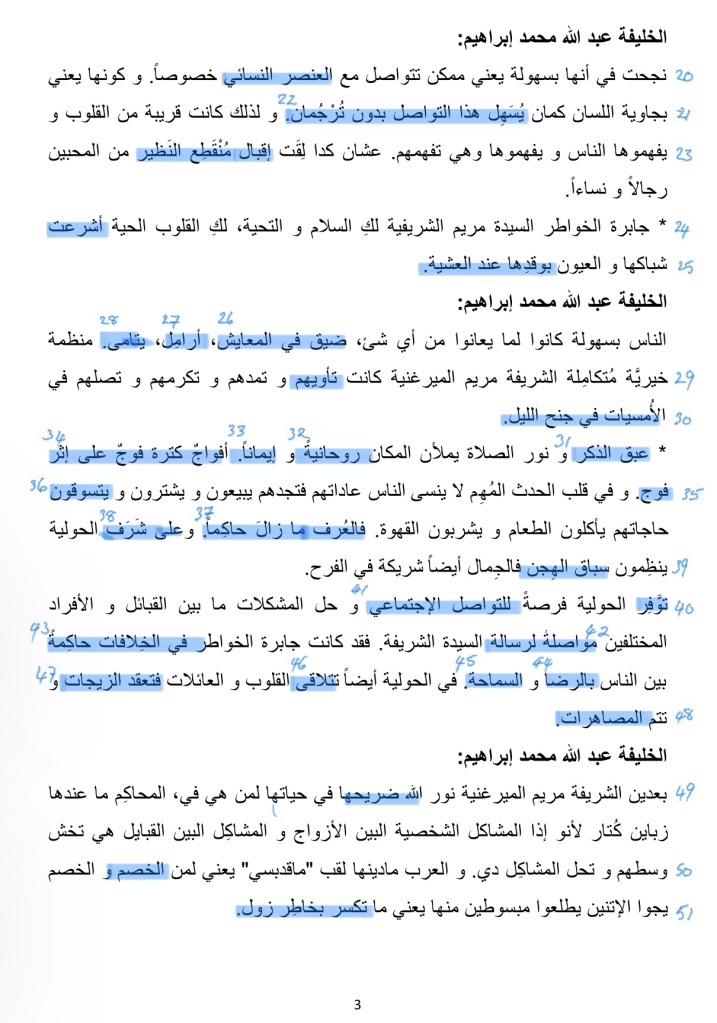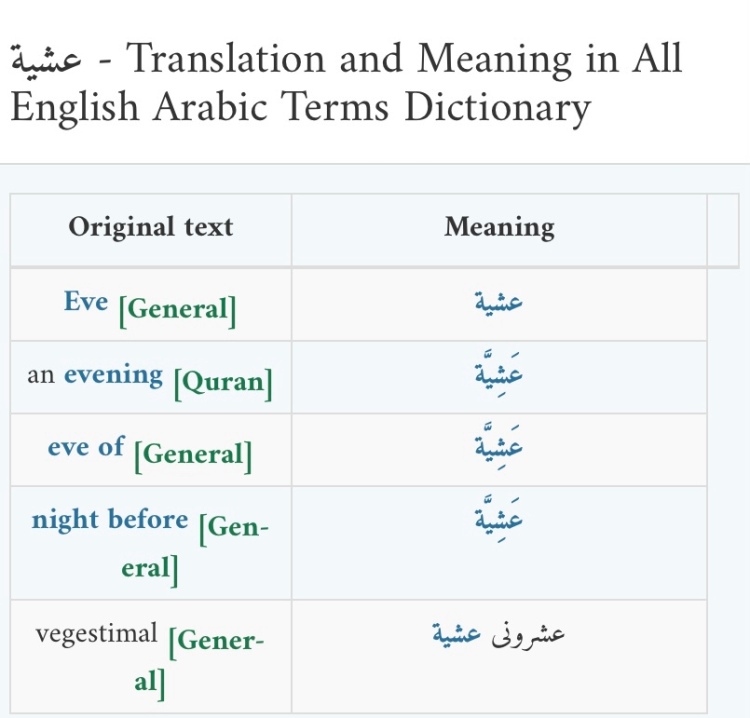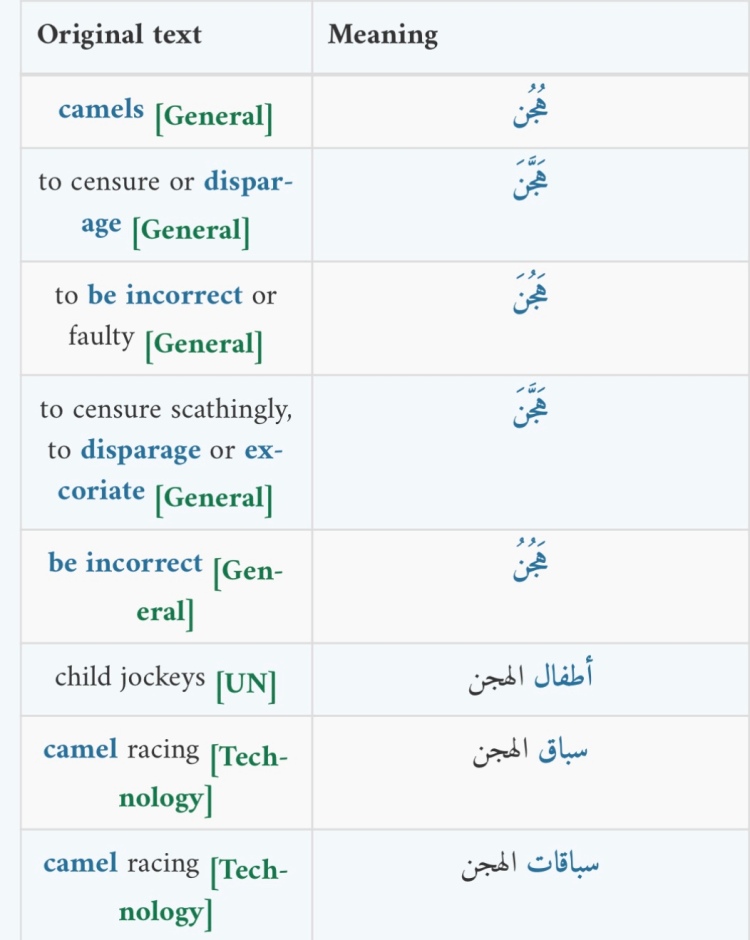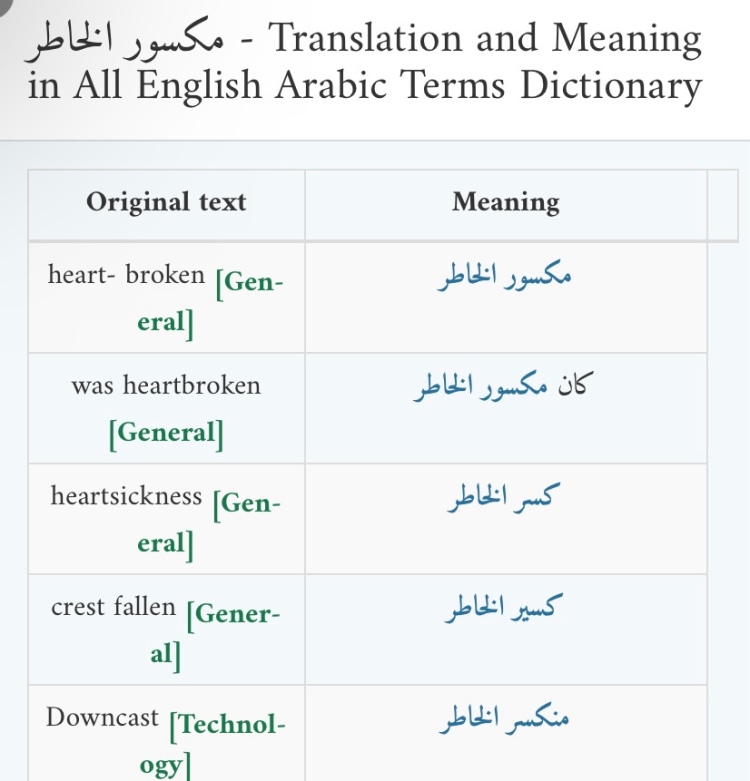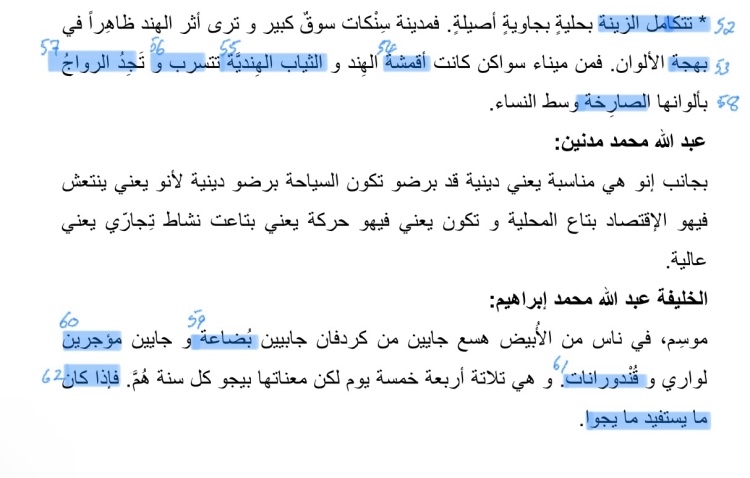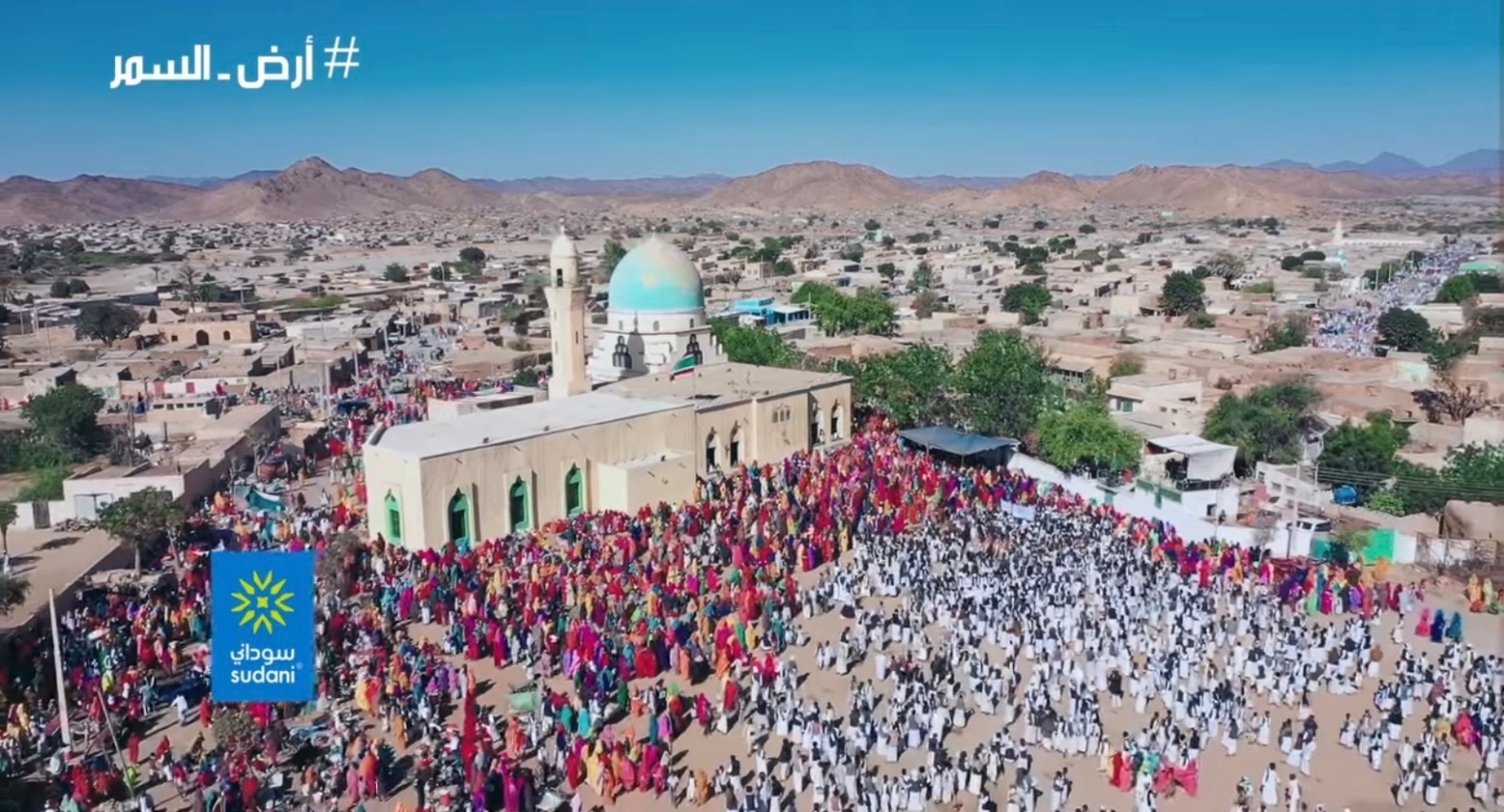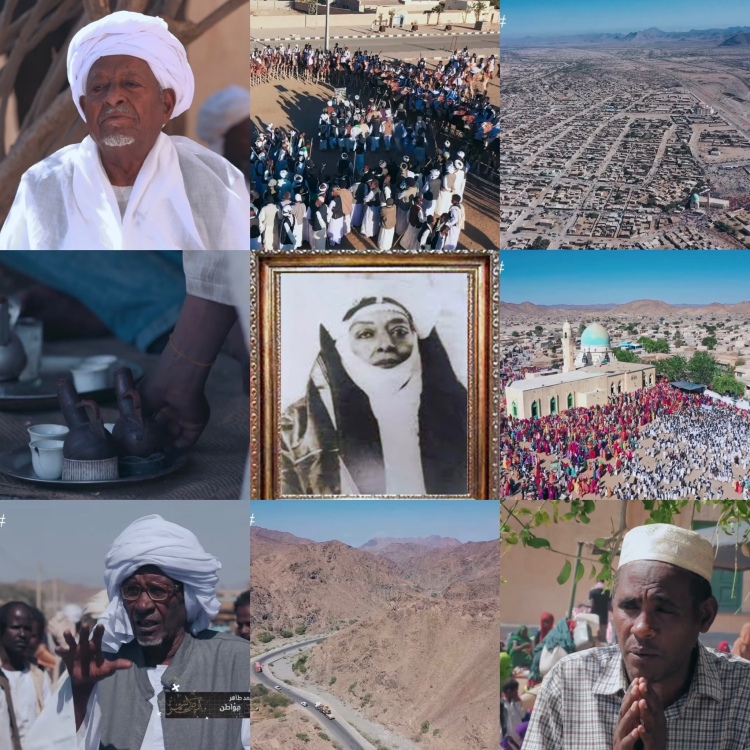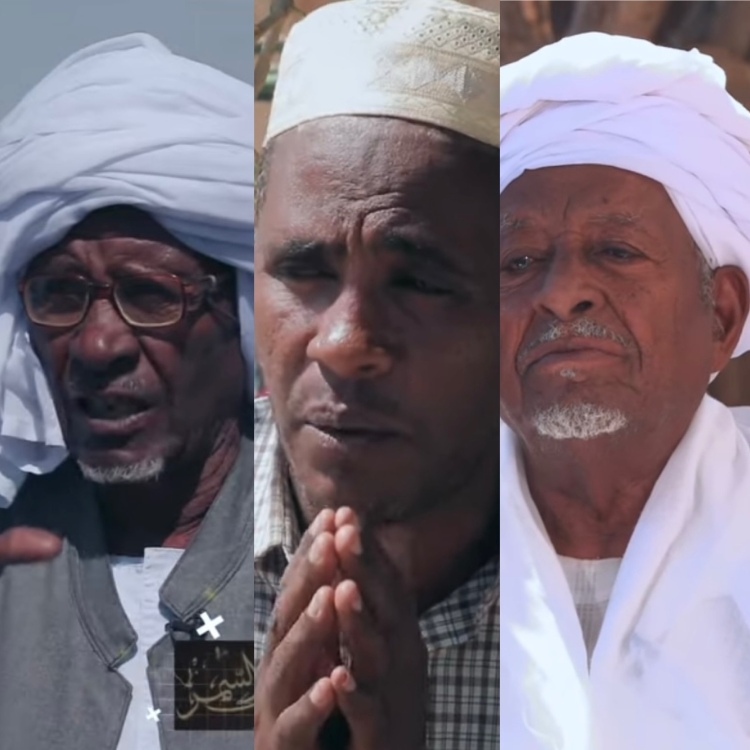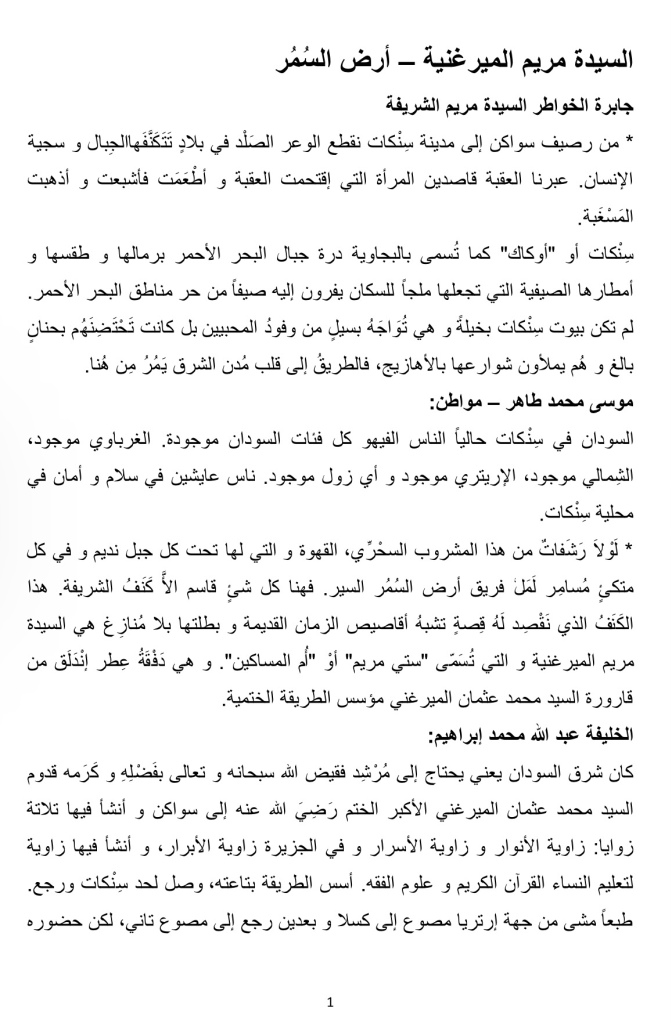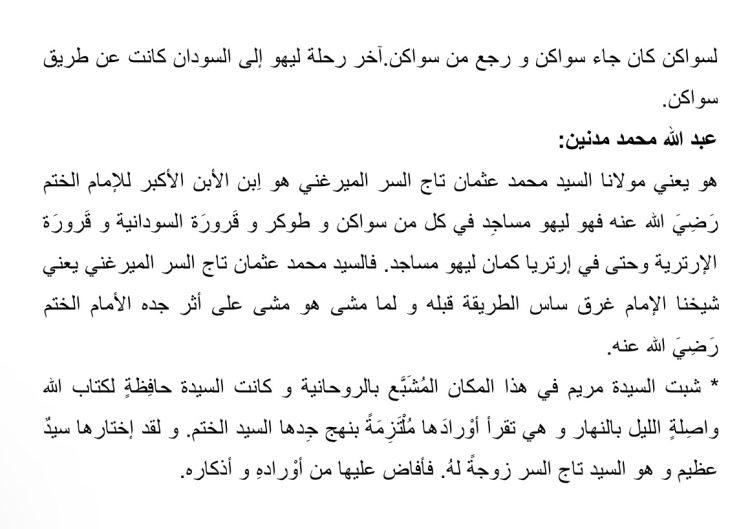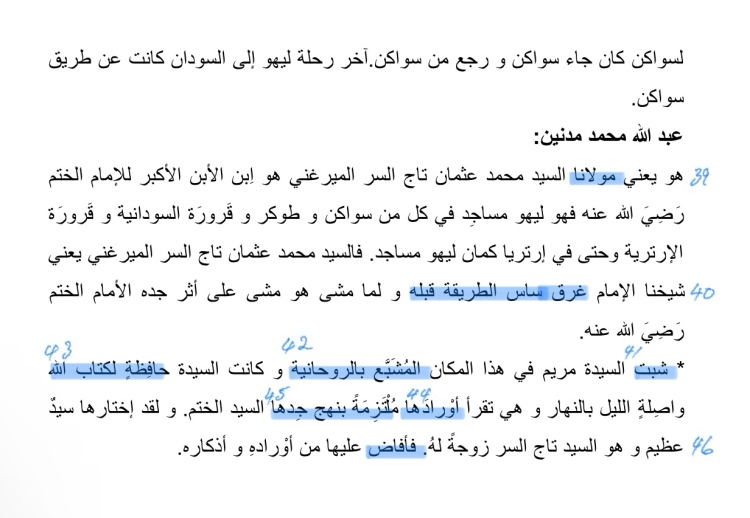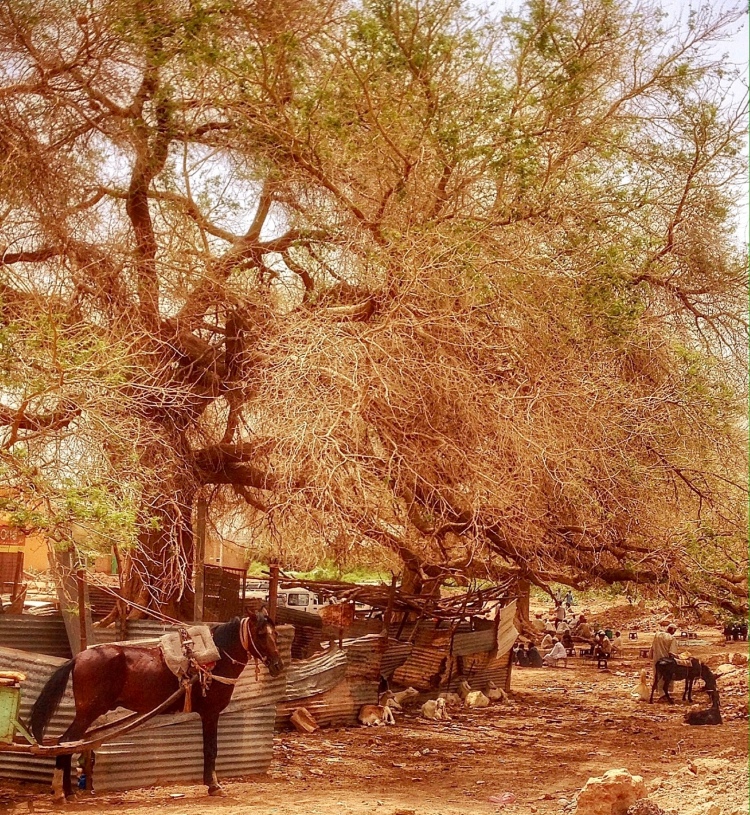
Above, shaded coffee stall on Tuti Island
Background to This Week’s Text
This week we explore the final, highly lyrical and moving section of the epic poem and ballad, Uncle Abdur-Raheem. Before tackling this section, make sure you have studied Uncle Abdur-Raheem 1/3 and Uncle Abdur-Raheem 2. You can find further background and orientation to the poem in https://womensliteracysudan.blog/2019/10/22/uncle-abdur-raheem-2/, with links to a dramatic English recital of the poem.
This closing installment includes powerful imagery and several uniquely Sudanese cultural references.
Muna Zaki has very kindly provided a full transcript of the poem, which corrects errors in the Poetry Translation text referenced in the first section, and coheres with the most widely known version, which is sung below. Remember there are multiple versions of the poem in popular culture.
This series of posts would not be possible without the detailed explanations, generous research undertaken by Muna and her colleagues.
You can read Adil Babikir’s translation (Modern Sudanese Poetry) of this section of the poem at the end of this post.

Camel herders, Omdurman.
Possible Approaches
As suggested in Uncle Abdur-Raheem 1/3, you might like to listen to Nancy Ajaj’s version with your eyes closed and try to visualize the scenes and imagery evoked and just enjoy the sound of the words and note the rhymes and poetic rhythms you can catch.
How many different scenes or phases of the poem do you notice? What is the atmosphere and emotional tone created? What does the poem reveal about the poet and his cultural and political ideals? Which verses resonate most with you and why? How do you predict Abdur-Raheem’s story will end?
Alternatively, you might like to make notes of all the specifically Sudanese turns of phrase, syntactical features, such as assimilation of possessive suffixes and word order, and cultural references you hear. If your Sudanese Arabic is of advanced level, you might enjoy comparing the original text with Adil Babikir’s translation and explore the choices made by the translator.
After you have worked through the poem, why not try learning a section by heart or reciting it in time with the subtitled version?
If you would like specific comprehension questions then consider the following:
What is Abdur-Raheem’s fate and what factors have contributed to it? How does the poet emphasize the tragic quality of the final events of the poem? What does the poet say about the way news of Abdur-Raheem’s fate is circulated and what emotional effect does that have on the reader? What do you feel are the messages of the poem as a whole? What political or sociological interpretations might you bring to bear on the poem? What role does religion play in the poem, in your opinion? Now you have read the whole poem, which verses did you find to be most moving or memorable?
Can you summarize the events of the poem and your reactions to them in your own words in standard Arabic?
Lexical Focus
This week’s section opens with the verses first seen in Part 2 on the nature of government in Sudan and its impact on ordinary citizens. How much can you remember before listening to this section again? Which key expressions describing forms of government in Sudan can you recall?
In the poem you will hear expressions for the following:
to “chirrup”, encourage a horse or donkey to move and “to bolt / startle”, “to join the army as a private”, to “travel south”, “to gush / flow / pour”, of rivers and rain, “fate or destiny” (two words) and “grudges. What words do you predict will be used? Which verb would you use for “to stay awake / hold vigil / not sleep”? Which colloquial verbs might you hear for “abandon / leave someone”, “give” and “bring”? And for “shoes”? You will also hear words for “to tilt”, “avert / avoid / dodge”, “squeeze”, “salary” and “prescription”.
The poet uses the word كمين, literally, trap / ambush. Why do you think he has chosen this word and what resonances does it have in the poem?
You will also hear these expressions, which have powerful cultural associations:


After listening to the poem, can you explain how these are used and the images they create?
Can you predict what the underlined phrases below are referring to?


Above, ice seller on the streets of Khartoum, pre-war.
Watch Here:
Nancy Ajaj
Subtitled Version
Transcript, 5 Pages
Annotated Transcript

1 literally; and governments sink; taghur; ghaar, (u); sink, descend, become sunken, also subside for land; taking up the earlier refrain (see Part 2), the poem explores the cycles of government in Sudan and ordinary people’s way of coping with them:
2 taHkum bi-; (sometimes), they rule by Hujii; variant plural of Hujwa; -aat, aHaaji,Huja; folktales, fairy tales
bi-ddajal al-kajuur; dajjaal; imposter, charlatan, quack, the quackery of the kujuur, plural kajara; medicine man / diviner; Sometimes the military rule –
3 kasaar aj-jabuur; (spirit-)breaking bully / bullying, from kasar, to break; kassar; to smash / break into pieces; jabur; force, compulsion, coercion; bi-j-jabuur; by force; the idea here is of the cruel bully; jabbaar; ruthless
4 (and at other times) they rule by the name of the Prophet and the tombs; gabuur; referencing the sway of shiekhs, religious leaders, the weight of the past
5 you know, young man; yaa Sabii; plural; Subyaan; a (brave) young man
6 sometimes you (just) turn away and turn round; talif; taduur; meaning here you reject them
and you say “barii”; an interjection used when you wish to be kept safely away from danger; bariyya; invocation to God for protection from any kind of evil (also said when someone is ill)
7 or you burn incense; taHrig bukhuur; again to ward off evil as a protective rite
8 hiim yaa fanjari; haana; to arise / stand up; as in guum! yaa fanjari, this form of address is used for a man deemed to be of good character and chivalrous behaviour, who offers service to others
jerif aS-Sabuur; to be updated
9 all you have left are dates; tamuur, as, previous line, “All the seeds you had sown died.” (Adil Babikir)
10 and your lands lie fallow; buur; arD buur; fallow land
11 laa tiiraab waSal; the seed provisions provided by local government didn’t arrive
laa baabuur yaduur; and no irrigation pump turns / runs
12 nagriT lil-Humar; he chirrups the donkey; onomatopoeic expression for the clicking noise made to urge on a horse or donkey
nagriiTa al-Humar; verbal noun from above; “he chirrups the donkey, / his nudge on the beast’s belly / triggers his own memory:” (Adil Babikir); don’t forget
13 laa tansa al-ni`aal; pair of shoes or slippers, plural;
ni`laat
ni`leen
14 aT-Tirgii; a toub / robe worn inside the home of rough material, shaygi dialect;
see Part 2
alternative spelling of al-khuDaar; literally, vegetables; Adil Babikir explains this as “the noon time meal” and libis al-jadiid; as (new) school uniform; literally new clothes
15 taSriiH al-safar; travel permit; taSriiH; permit
lil maashii aS-Sa`iid; going south
maashii ad-daysh nafar; going to join the army; daysh; Sudanese colloquial pronunciation of jaysh; army, as a private, ordinary soldier; nafar
16 wa-l-baal ishtaghal; and the mind working and working; occupied / preoccupied; “And his mind went on full spin” (Adil Babikir), (preoccupied with..:
bil-aba maa yu`iid; (the son) who refuses; biyaaba, abayaan; to refuse, the past tense can also be used for the present, often used with maa; aba maa yaakul; he refuses / refused to eat; here the poem is referring to the son’s refusal to repeat / resit the exams (he has failed)
17 al-Hool maa ishtaghal; Hool, Hoolaat; year, sometimes used to refer specifically to the agricultural year; referring to his son who hasn’t found a job, he hasn’t worked for a year; “a son unwilling to re-sit/ the exams, but unable to get / a job either”; (Adil Babikir)
18 al-ghubun ash-shadiid; ghubun, plural of ghabiina; literally, resentment / grudge, also extreme anger against somebody; plural form also ghabaayin
al-saab(haa) wa raHal; the one (referring to his daughter’s suitor / husband / fiance) who left her; saaba, sayabaan; to leave / abandon / desert and went away; ” a daughter deserted by her groom”; (Adil Babikir)
19 aD-Diig al-muHal; Diig; literally, narrowness, also, Diig al-nafas; breathlessness, also anxiety or distress; here the word muHal refers to harsh circumstances, specifically hunger and drought; “destitution, drought”, (Adil Babikir)
wal-faraj al-gariib; faraj; relief; “and relief remains as elusive and beyond reach as ever” Adil Babikir
20 wa saal ad-dam maTar; and the blood, ad-dam, poured (like rain); saal,(i); pour, stream, seep, flow; “a blood stream” (Adil Babikir)
21 wa Taarat dumu`atayn; and tears flew, from Taara (i); fly; literally two tears flew, dual; “And gushing tears” (Adil Babikir)
wa-inshaaiiH watar; watar, literally, tendon / vein, also sinew, nerve; inshaaiiH; used here for when a wound opens up; see Part 2
22 yaa TaaHin al-khabr; TaaHuuna, plural, TawaaHiin, mill; TaaHin, literally grinder; emphasizing the rapid spreading of the news, like the particles of flour that are scattered under the grindstone.
maa bayn al-gaDaa wal-murHaakaat-al-gadar; between fate and the grindstone / millstone of fate; murHaaka, plural; maraaHiik; see below;
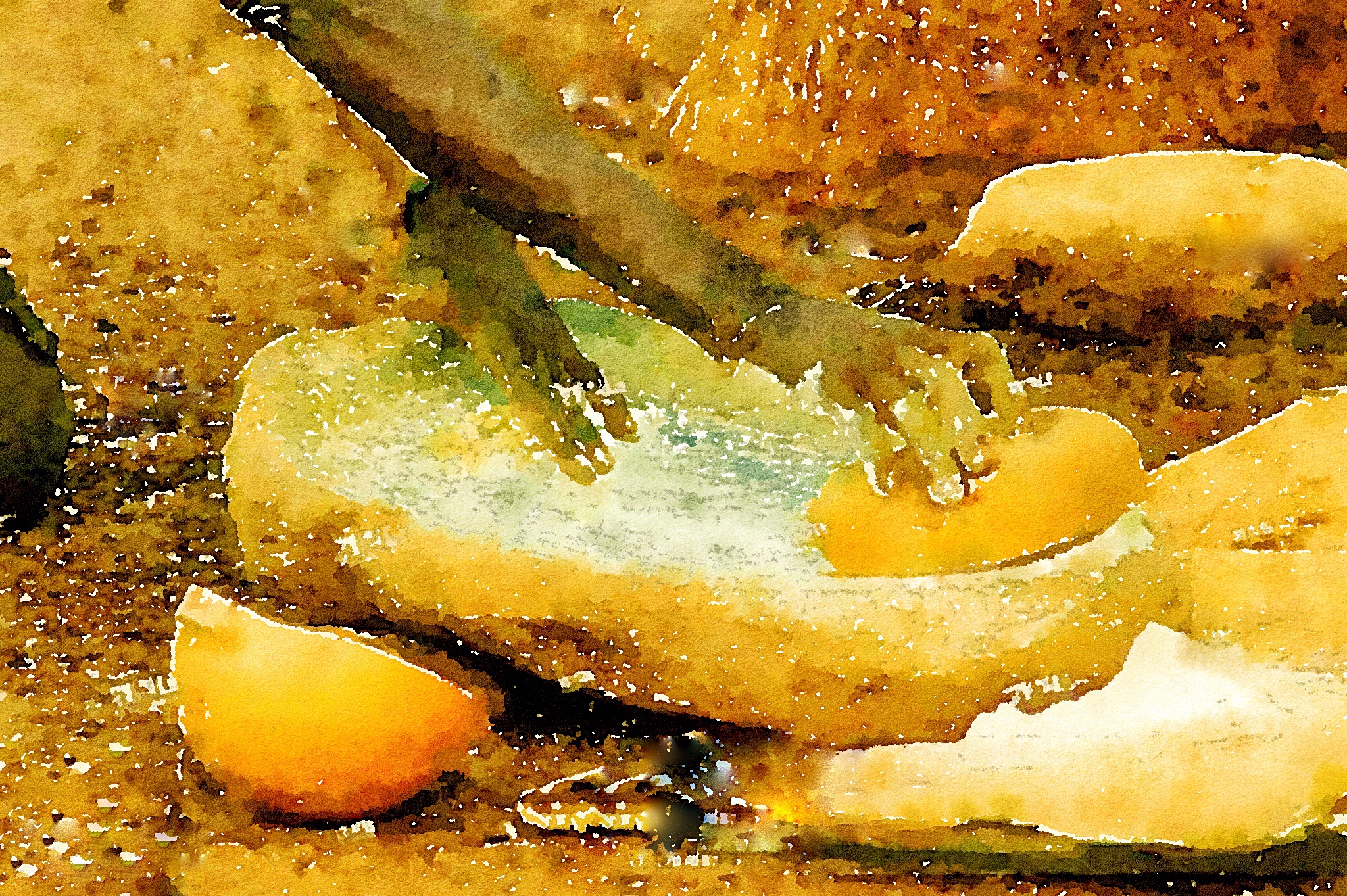
there are many sayings and folk tales in Sudanese Arabic associated with the murHaaka; see some in Kambala
bayn al-gaDaa wal-gadar; a set expression meaning according to fate / what is ordained by God
23 ash-shahiduu ad-dumuum; the ones who witnessed the blood, plural of damm;
wa-d-dama´ al-hadar; and the tears streaming / gushing; al-hadiir; stream
`aarifiin fi-l-khadhr; translated as “they know the bottom truth” (Adil Babikir); al-khadhr, to be updated
24 al-khabr al-yaqiin; the certain; yaqiin, news
bawwakh wa-intashar; literally, from baakha,(II), to vaporize / steam / fumigate; here the news spreads like so many airborne particles, and spreads
25 addohu aT-Tiyuur; literally, they gave it to the birds; from the verb adda; (ya’addi, iddeey) to give / provide with, to pass or hand; also to carry out / fulfil a job / obligations
wadanuu al-baHr; and conveyed it / send / bring; wadda, (i), widdeey; ” it passed to flying birds,/ was picked up by the sea waves”, Adil Babikir
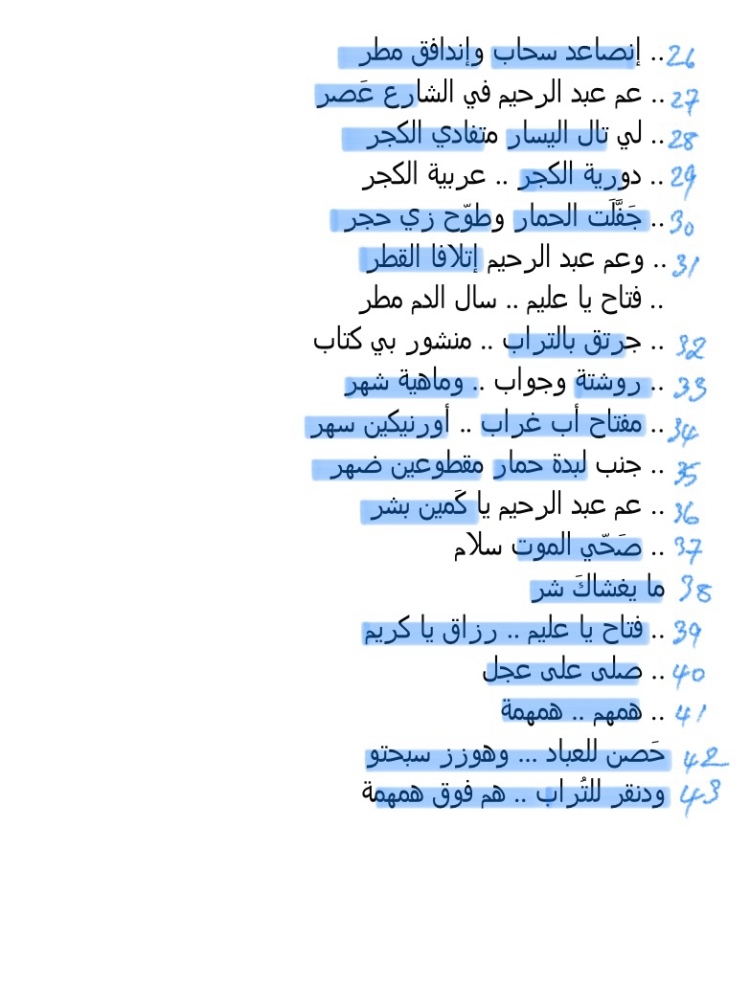
26 inSaa`id siHaab; it rose up / ascended;
inSaa`id (like) a cloud
wa indaafag maTr; gush / pour (like) rain;
fi-shaari`
27 `aSar; in the street, (Abdur-Raheem) squeezed himself (because he had to avoid the police patrol)
from `aSar; (i), to squeeze, press (oil); also
`aSar benziin; accelerate
28 lii taal al-yasaar; he tilted to the left;
mutfaadii al-kajar; from yatafaada; to avert / avoid / dodge; al-kejer / kajar; police patrol
29 dawriyya a-t-al kajar; dawriyya; patrol; for more context on the more recent associations of the word kajar, see https://womensliteracysudan.blog/2023/06/17/the-vulnerable-soul/
30 jaffalat al-Humaar; from jafal, (i), jafla, jafalaan, min; to shy at, to bolt / run away; the donkey bolted, also to startle
wa TawwaH zay Hajar; and was thrown / flung like a stone, passive form of TaaHa
31 itlaafa al-gaTr; the train carried him away; itlaafa; to be fetched; laafiinii; hand me / fetch me …
32 jirtig bil-turaab; A thread of blood-stained earth is described as a jirtig – a strand of red silk threads with amulets worn in wedding ceremonies. See Anointing in Robes of Red and Gold for more on jirtig symbolism and ceremony. See too Jirtig – A Sudanese Wedding Ceremony
33 rooshita-wa jawaab; prescriptions; rooshita, and letter
wa-maahiyya shahar; maahiyya, plural mawaahi; monthly salary
34 muftaH ab gharaab; see below;

oriniikiin sahar; orniik; (plural araaniik); form / document (dual); sahara; to stay awake / not sleep; suhar; vigil / sleeplessness; here, the idea of working late, working at night, hence ” two overtime slips” (Adil Babikir)
35 libda Humaar; libda, plural, libad; saddle pad (that sits under the saddle)
muqTuw`iin Dahar; literally back, broken, referring to the saddle pads; note Dahar, plural Duhuur, Dahar at-toor; a roof sloping on both sides; also:
`ind-o Dahar; he has someone in his family with power or wealth who can back him, also a small island in a river
36 yaa kamiin bashar; kamiin, plural; kamaayin, literally, ambush or trap, (this word has many associations), but here the idea is that Abdur-Raheem is one of so many suffering similar circumstances; he is one of us, so many, hence Adil Babikir’s “how many souls are taking refuge in you?” Perhaps too the idea that Abdur-Raheem in his death absorbs those other sufferings of all Sudan’s poor? We would welcome any comments and ideas on this phrase.
37 SaHii -al mawt; wake up the dead; “wake them up, / to your serene world”; Adil Babikir
The poem now loops back to the opening stanzas;
38 The poem opens with Abdur-Raheem at his morning prayers and we hear four of the sacred names / attributes of God, frequently invoked in prayer, among which are; fataaH, often translated by Muslim sources as The Opener of the doors of mercy to whom He pleases / also the Granter of Success; `aliim; the All-Knowing and razzaaq; the Sustainer (rizq; livelihood / sustenance / life), and the Holder of the Key of our Sustenance. The latter perhaps holds special relevance for those in precarious circumstances and those struggling, like Abdur-Raheem.
39 Note the religious invocation which opens the poem; laa yaghshaak ash-sharr; May evil not befall you; a phrase echoed with powerful effect later in the poem; from the verb ghashiya; come to, visit, descend upon, afflict, befall and overwhelm
40 He prayed quickly / hurriedly; Sala `ala`ajal
41 hamham hamhama; literally, he murmurs with the verbal noun; hamhama; mumble / hum / mutter / murmur; note the echoes of the word hamm; care / worry within these words, echoed in the 8th line, hamm foog hamhama, and later in the poem contrasting the careworn workers and those with few cares; baarid hamm(haa)
42 HaSn lil-`ibaad; literally; the fortress of the believers
43 howzaz SibHat-u; to fidget with / nervously finger, from shake, hazza; note the Sudanese pronunciation; SibHat-u; his prayer beads / rosary
44 6 wa dangara li-turaab; note this Sudanese colloquial verb; dangar, dingeer, dangara, to bend down / bend over, (as he prays)

